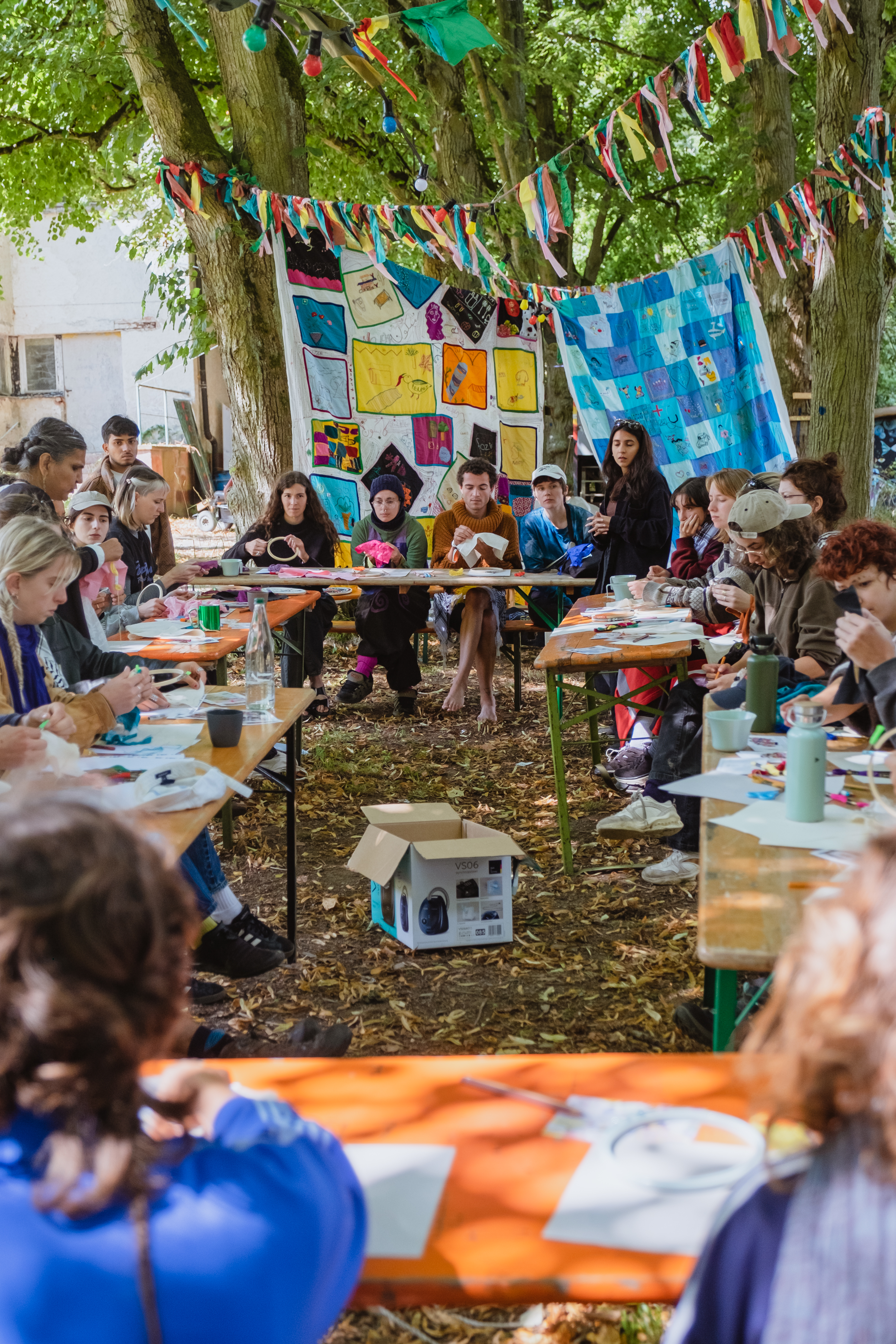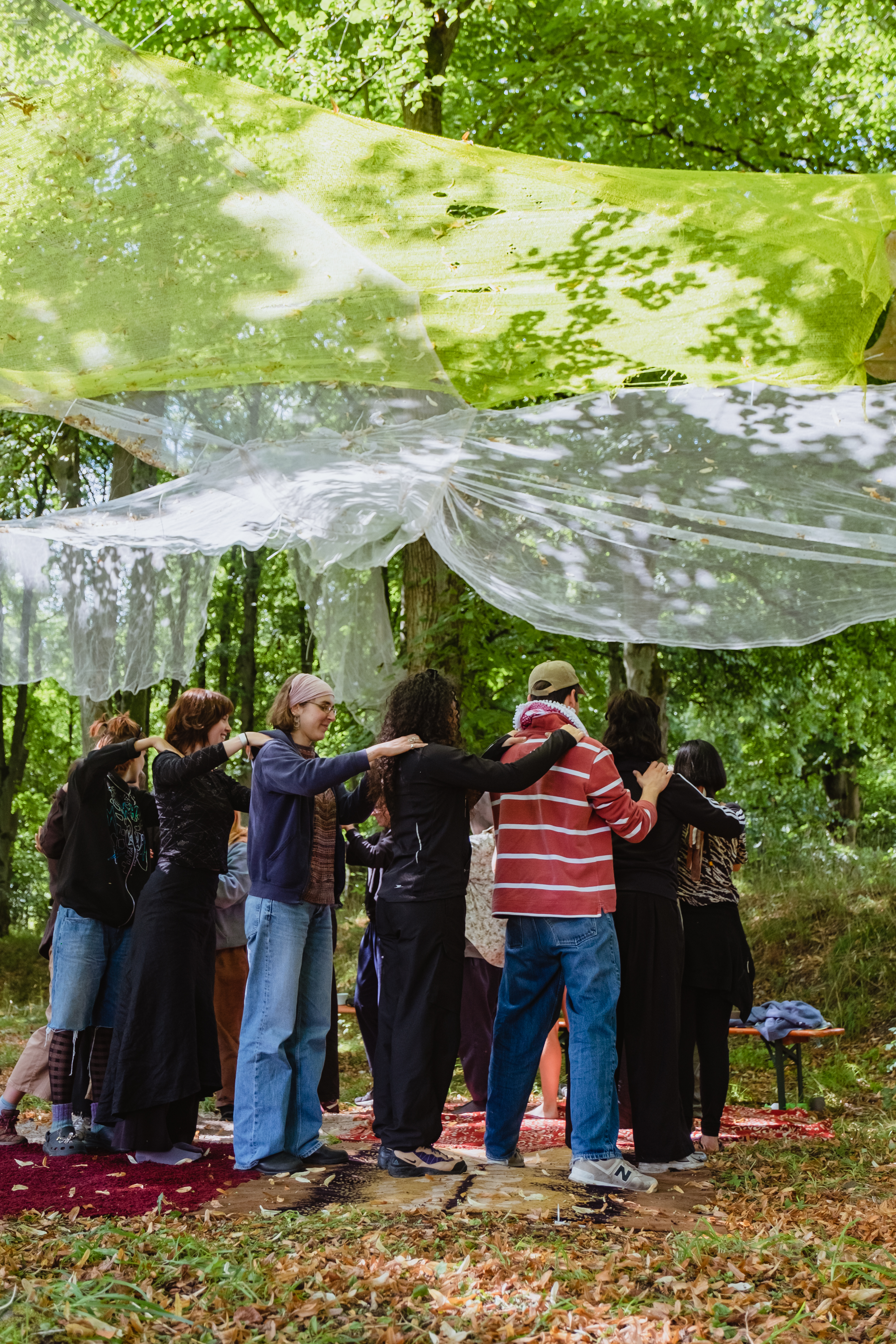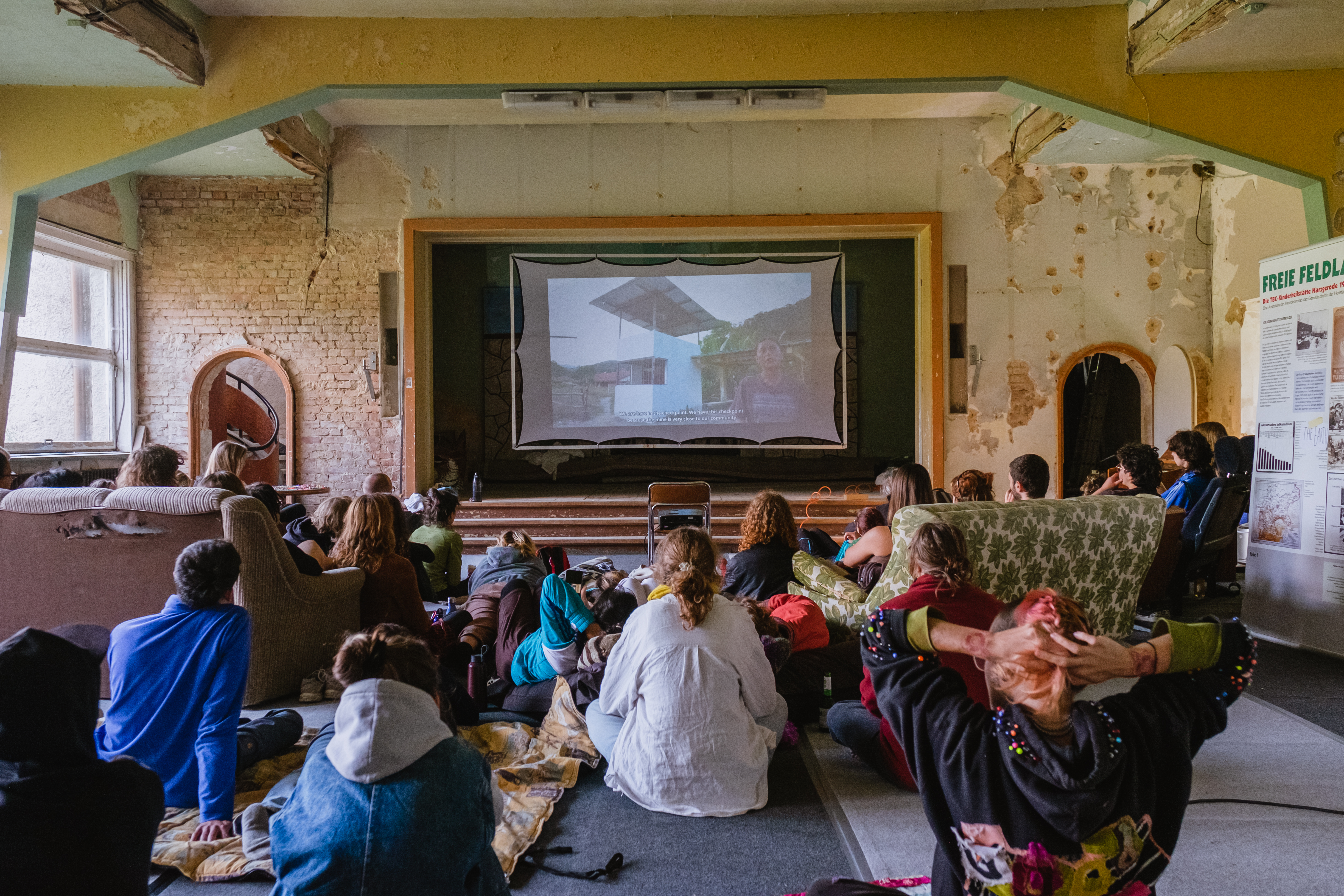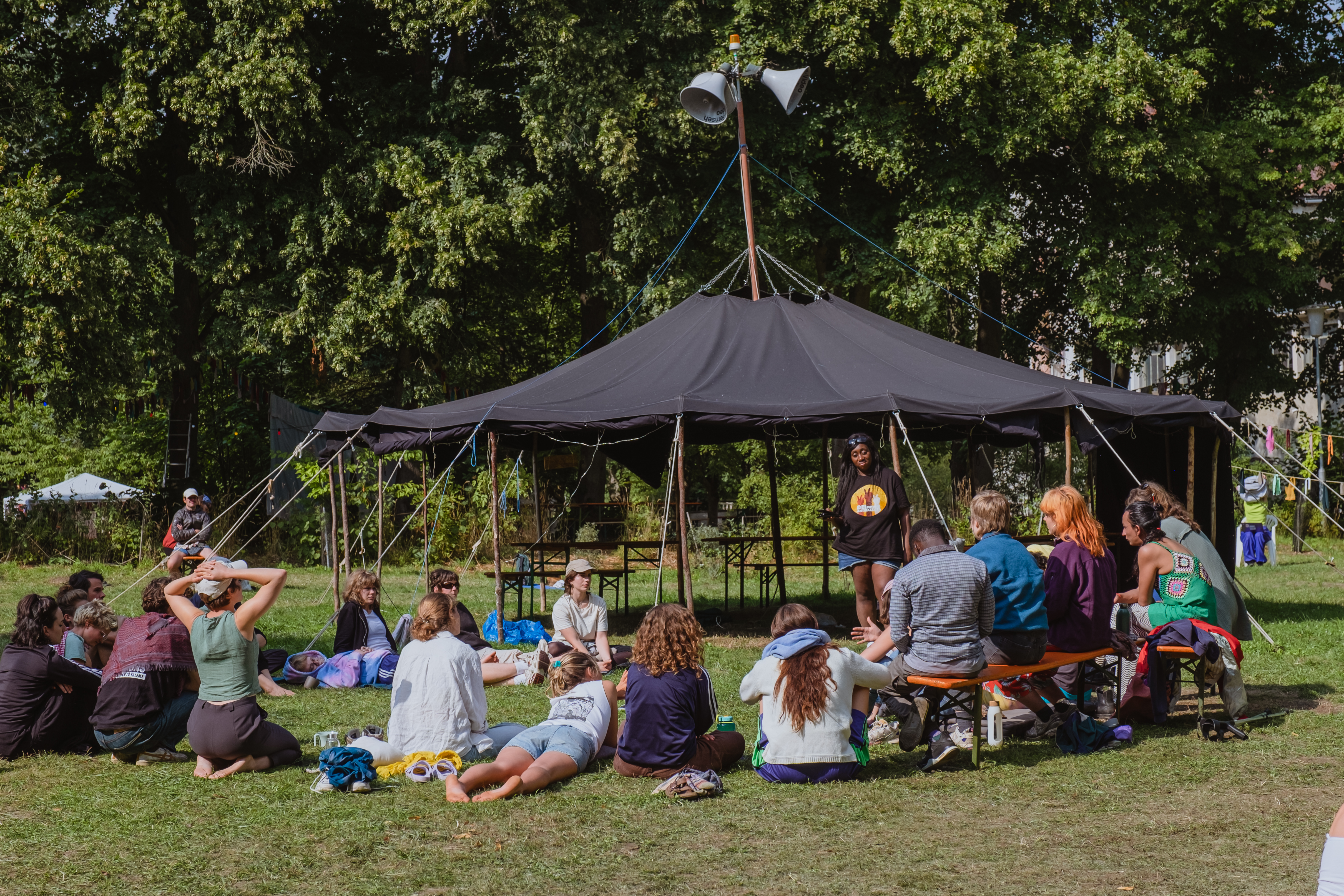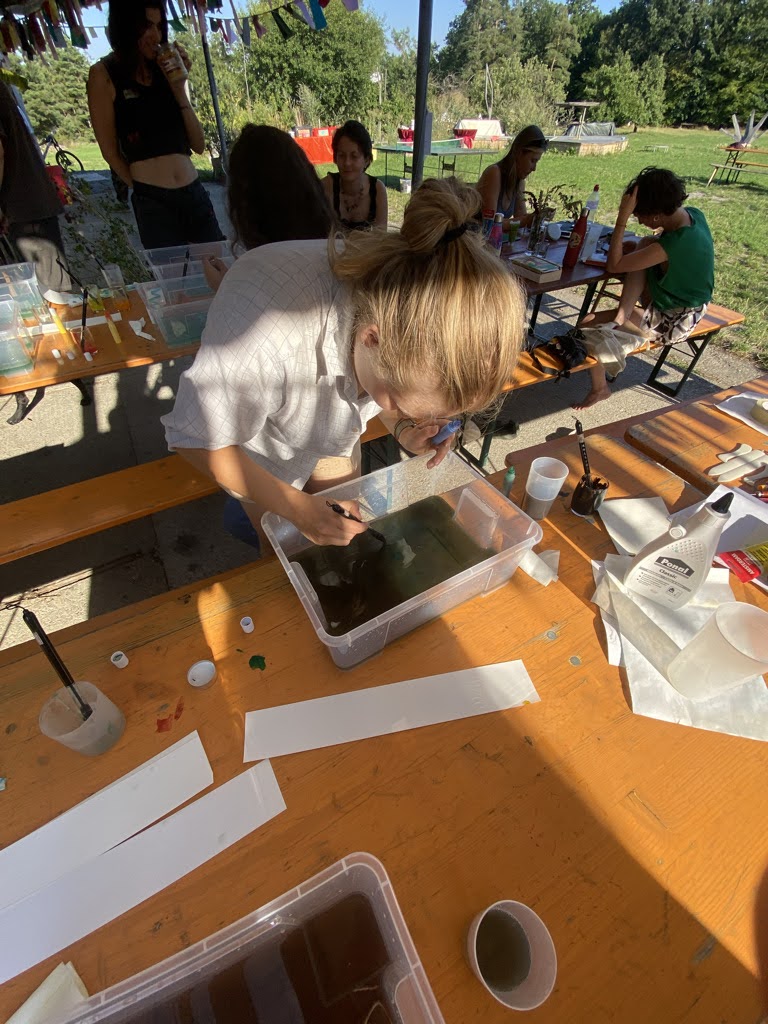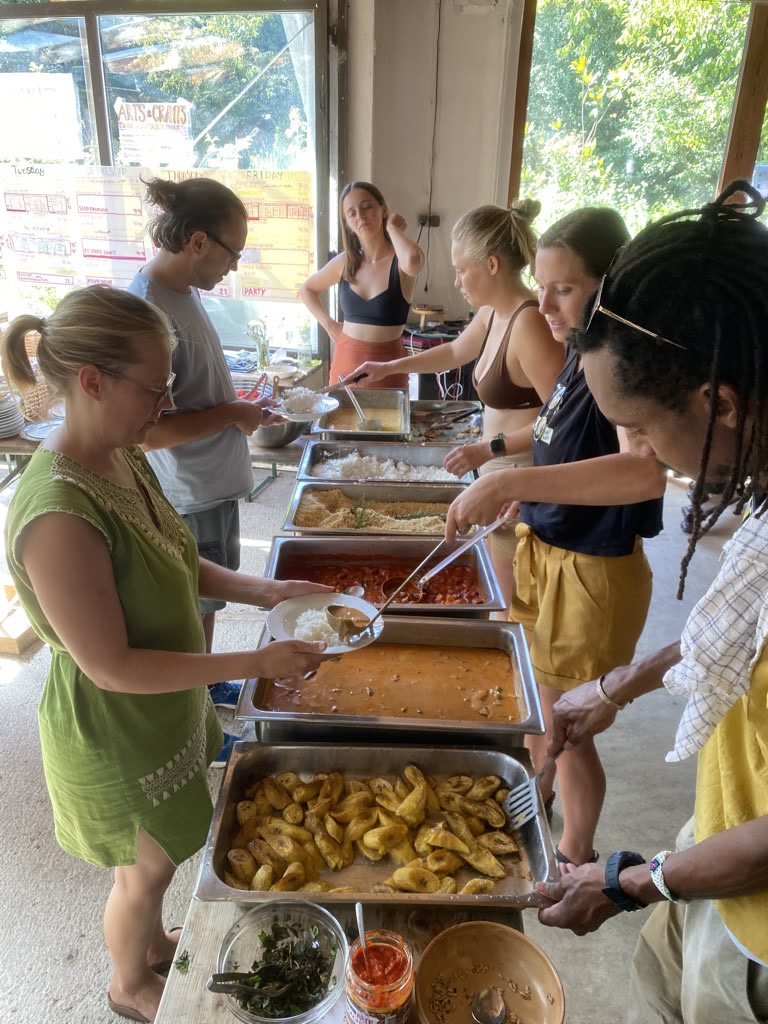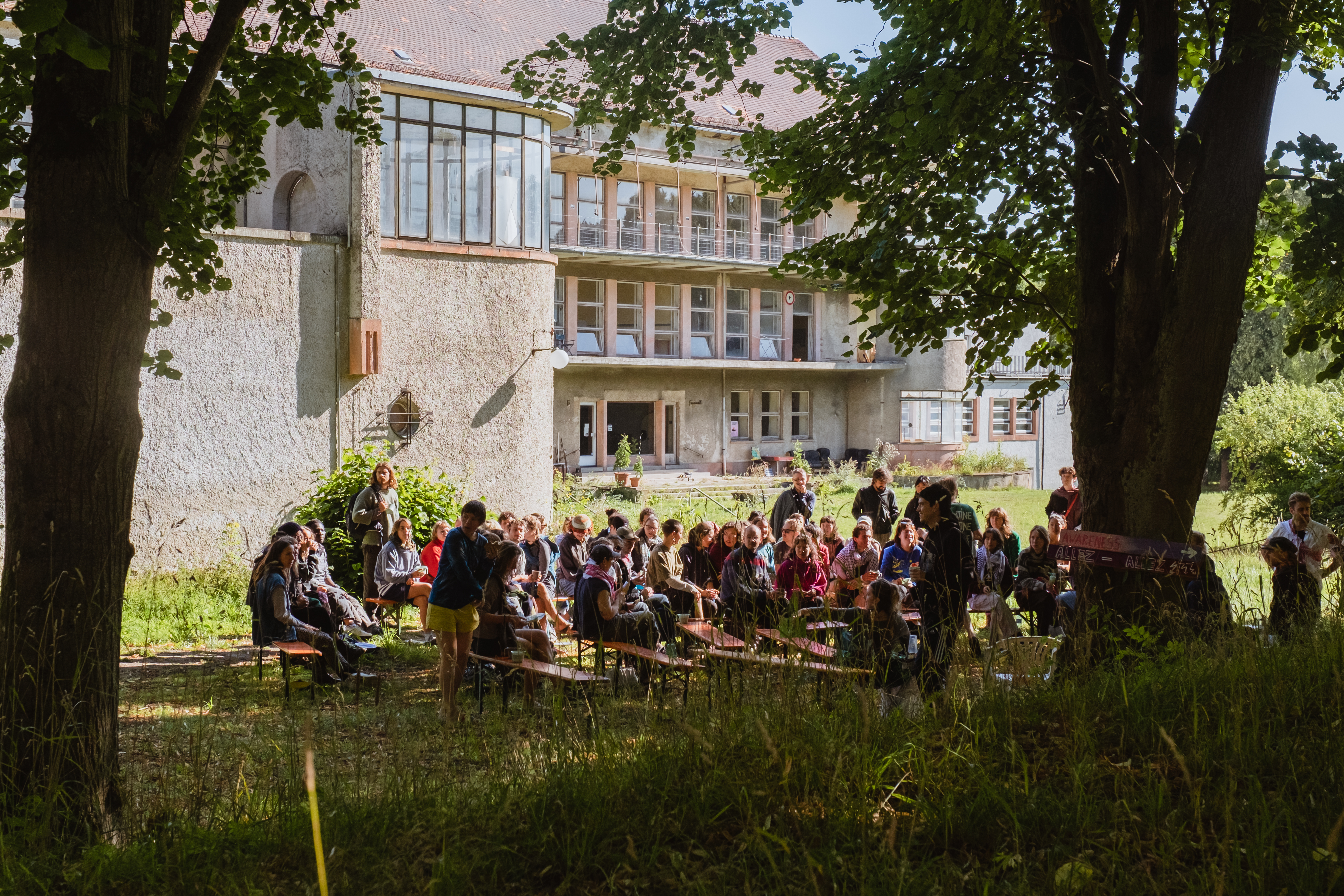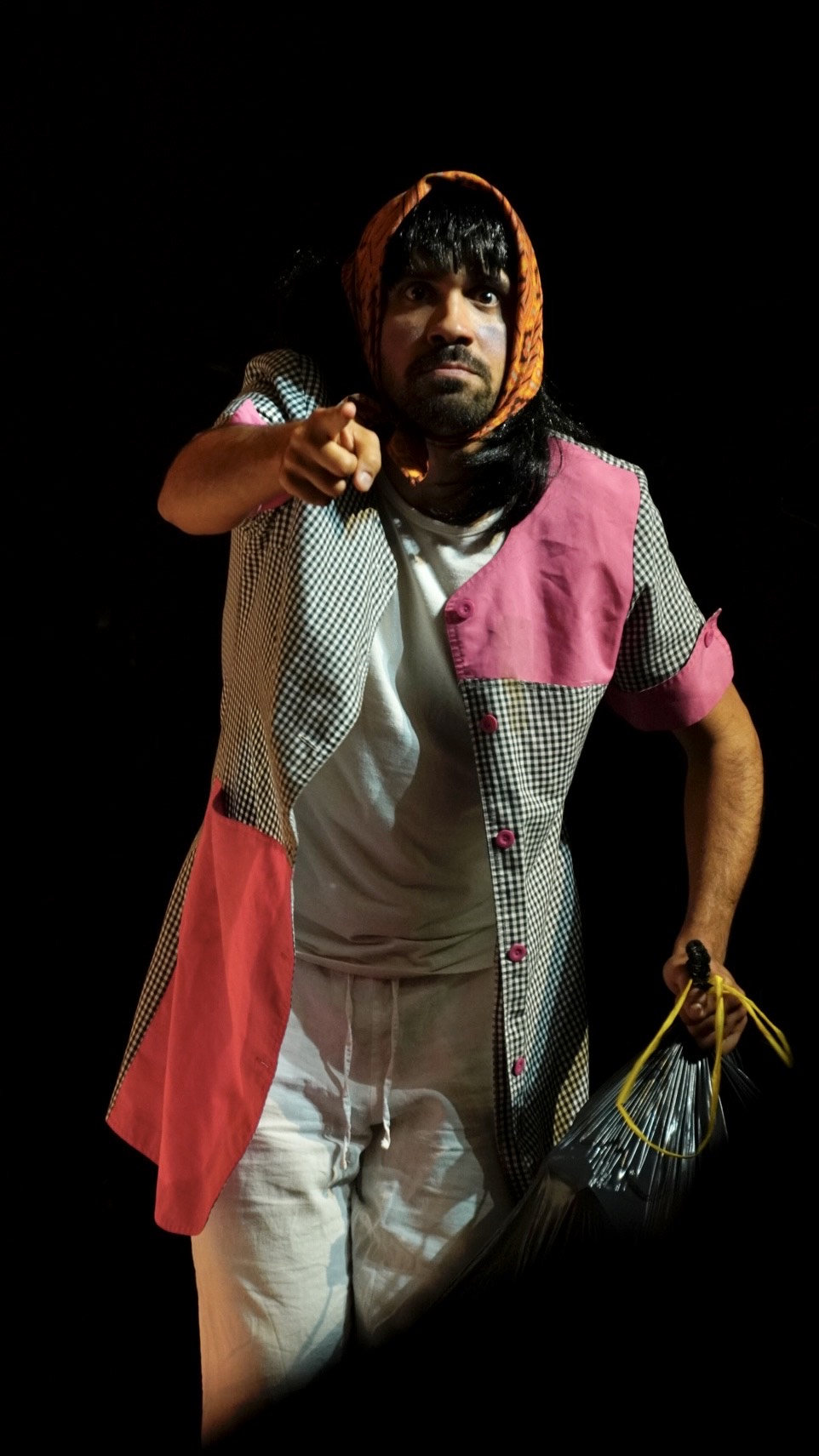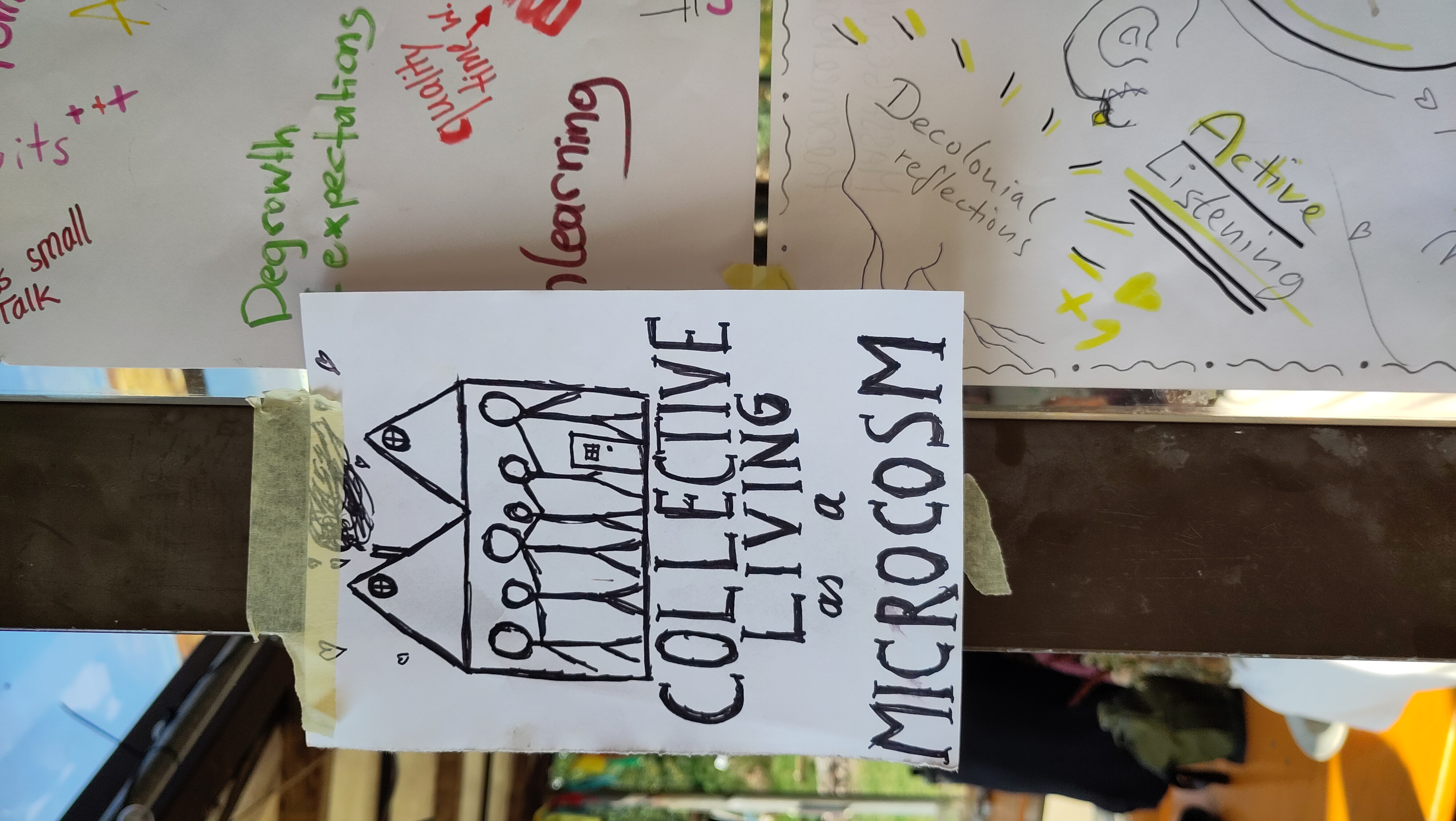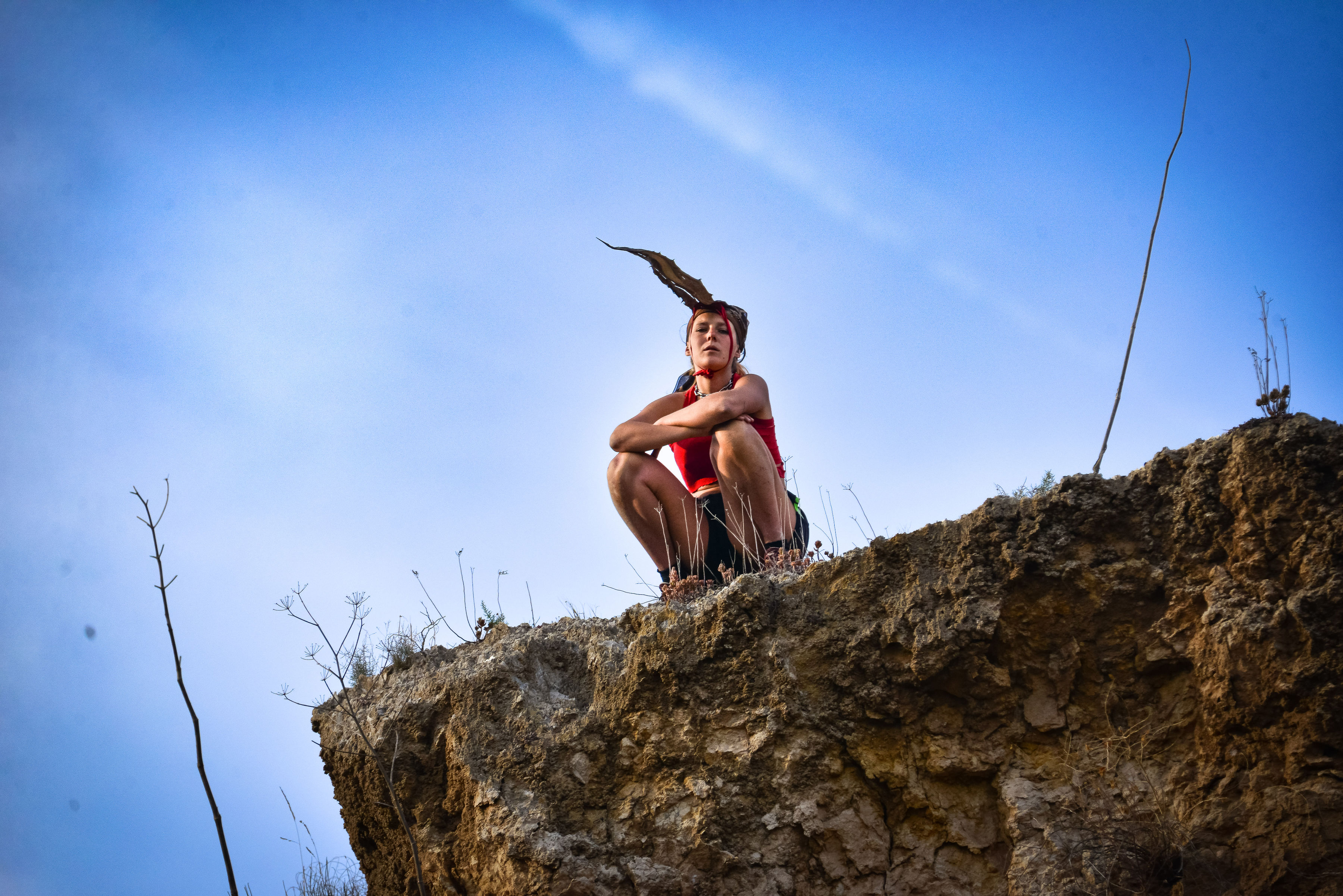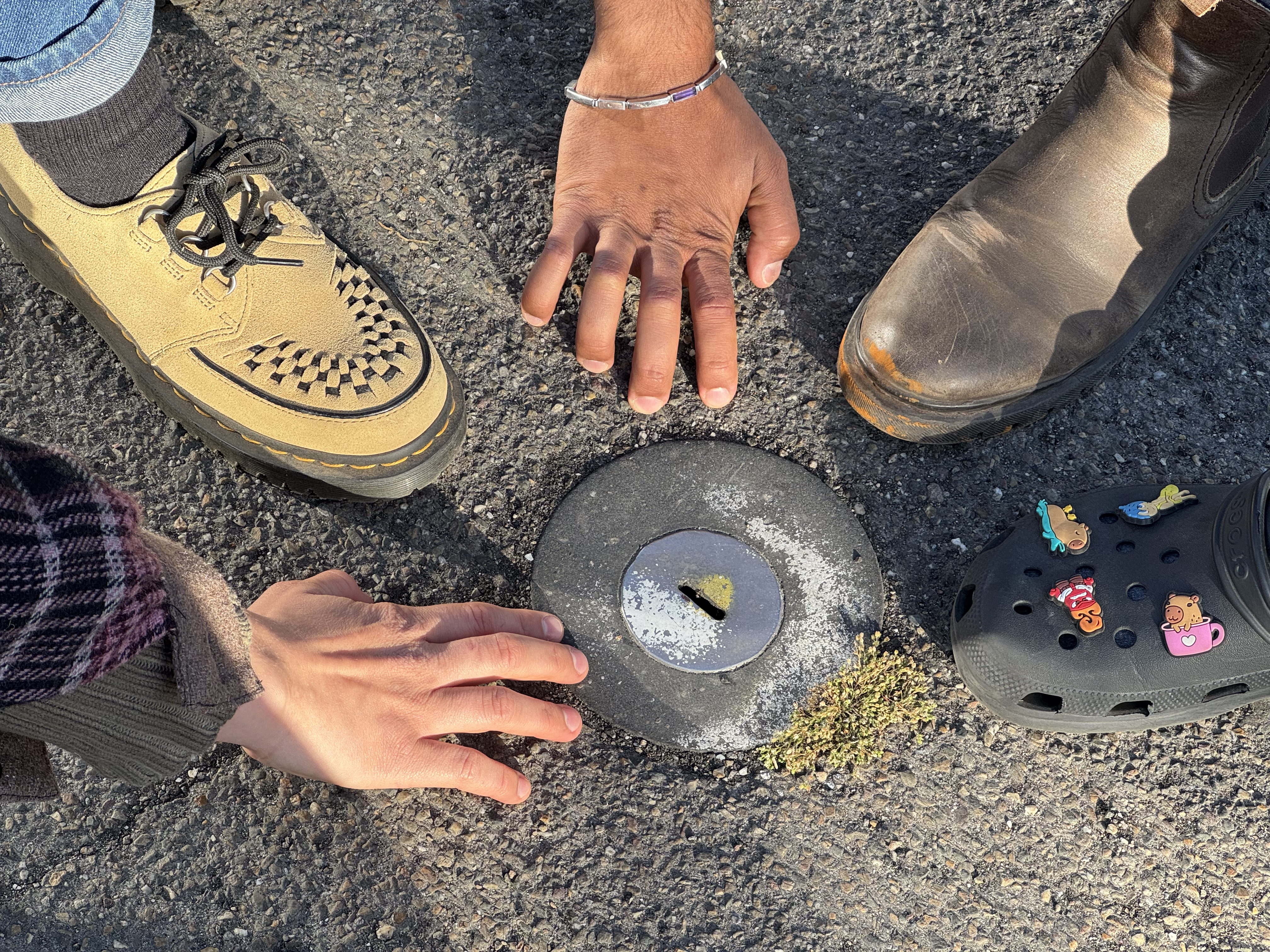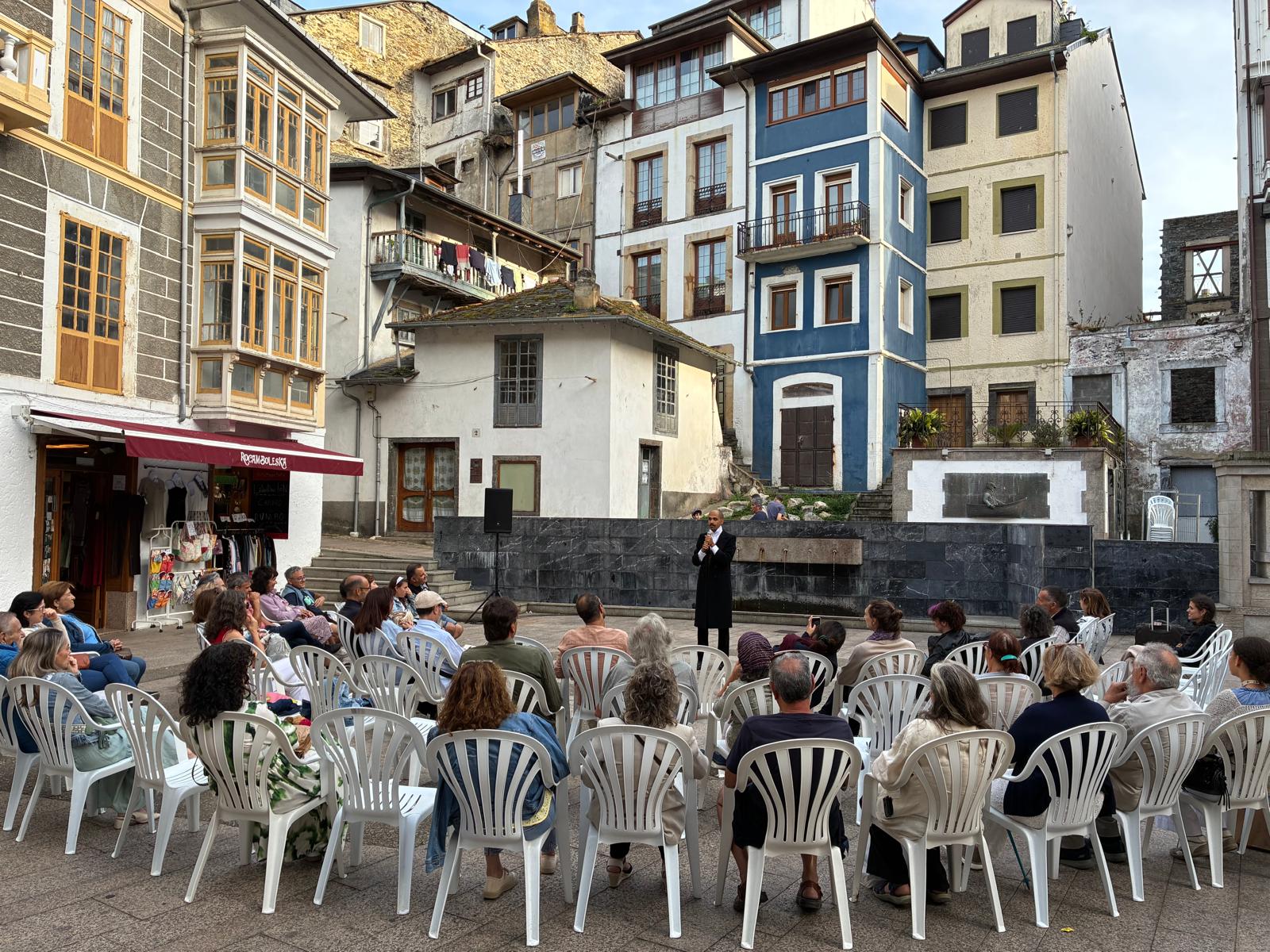
La nube que nada
The cloud that swims
Keywords: collaborative poetry, dystopian future, site-specific performance, interactive monologue
Direction - Carlo Sella
Dramaturgy - Carlo Galiero
Production - Arraiga, lab of rooted imagination
Performed in
Luarca, Spain
Contemporary culture international festival
La FAVORITA de Xuan Bello 2025
The cloud that swims
Keywords: collaborative poetry, dystopian future, site-specific performance, interactive monologue
Direction - Carlo Sella
Dramaturgy - Carlo Galiero
Production - Arraiga, lab of rooted imagination
Performed in
Luarca, Spain
Contemporary culture international festival
La FAVORITA de Xuan Bello 2025
The cloud that swims is a site-specific performance conceived as a tribute to the Asturian writer Xuan Bello, who passed away in July 2025. The piece enters into direct dialogue with his literary legacy, especially his celebrated Historia universal de Paniceiros.
In this book, Bello evokes a timeless Asturian imagination, where memory, myth, and identity intertwine. Among its passages appears the image of a man who travels across the centuries in search of Christ, only to finally discover that he himself was Christ. This paradoxical gesture, seeking what already dwells within, served as the inspiration for the dramaturgical structure of our piece.
The performance begins from a speculative premise: in the future, poetry has been lost. A man travels through different eras, attempting to rediscover its meaning, guided by the voices of poets and fragments of memory. His journey culminates in present-day Asturias, in Luarca during the days of the festival, where he has heard that poetry is alive and in motion.
By inviting the community to respond, the performance turns the audience into co-creators: the man of the future cannot understand poetry unless it is collectively reimagined in the here and now.
In this book, Bello evokes a timeless Asturian imagination, where memory, myth, and identity intertwine. Among its passages appears the image of a man who travels across the centuries in search of Christ, only to finally discover that he himself was Christ. This paradoxical gesture, seeking what already dwells within, served as the inspiration for the dramaturgical structure of our piece.
The performance begins from a speculative premise: in the future, poetry has been lost. A man travels through different eras, attempting to rediscover its meaning, guided by the voices of poets and fragments of memory. His journey culminates in present-day Asturias, in Luarca during the days of the festival, where he has heard that poetry is alive and in motion.
By inviting the community to respond, the performance turns the audience into co-creators: the man of the future cannot understand poetry unless it is collectively reimagined in the here and now.
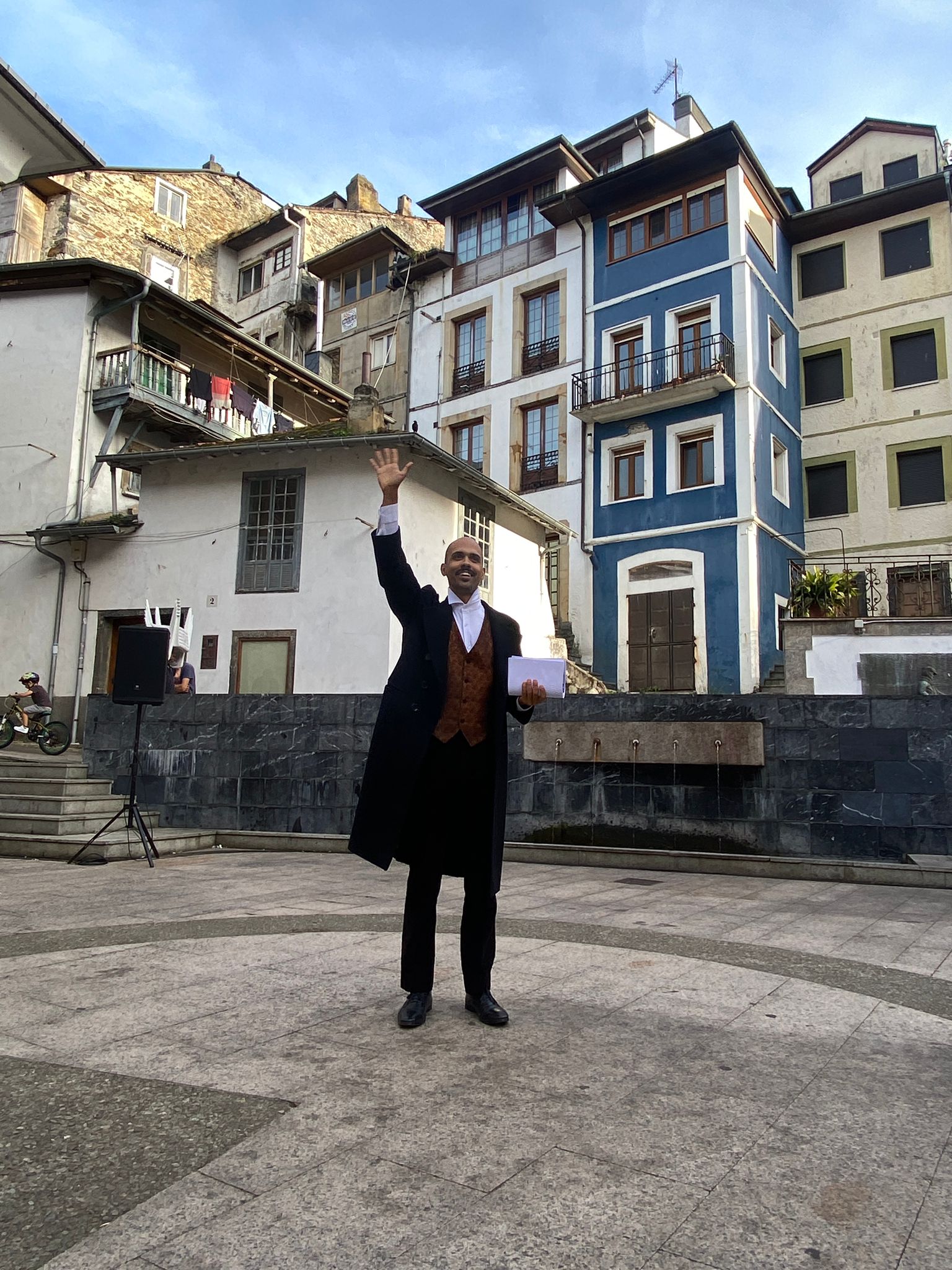
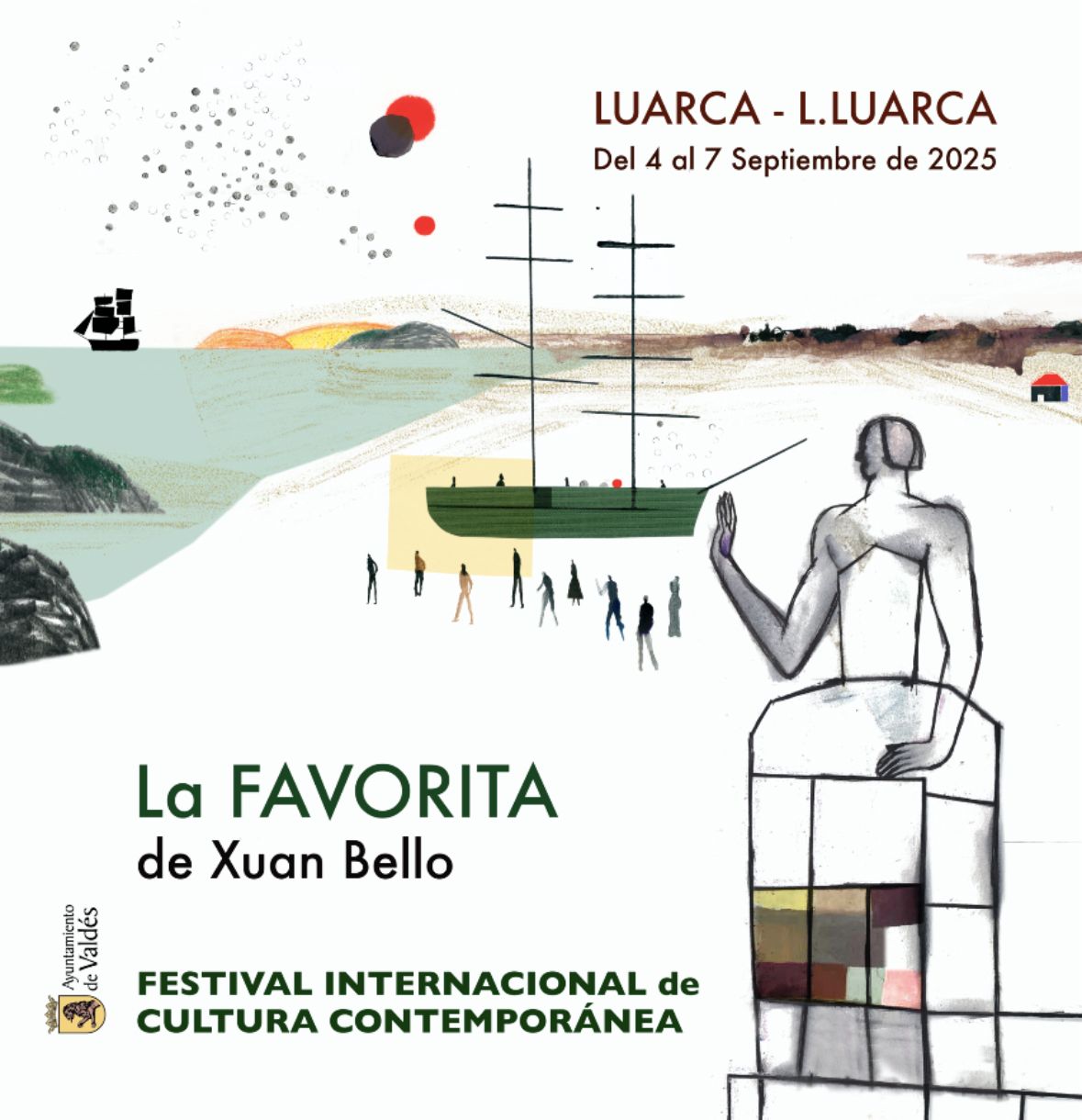
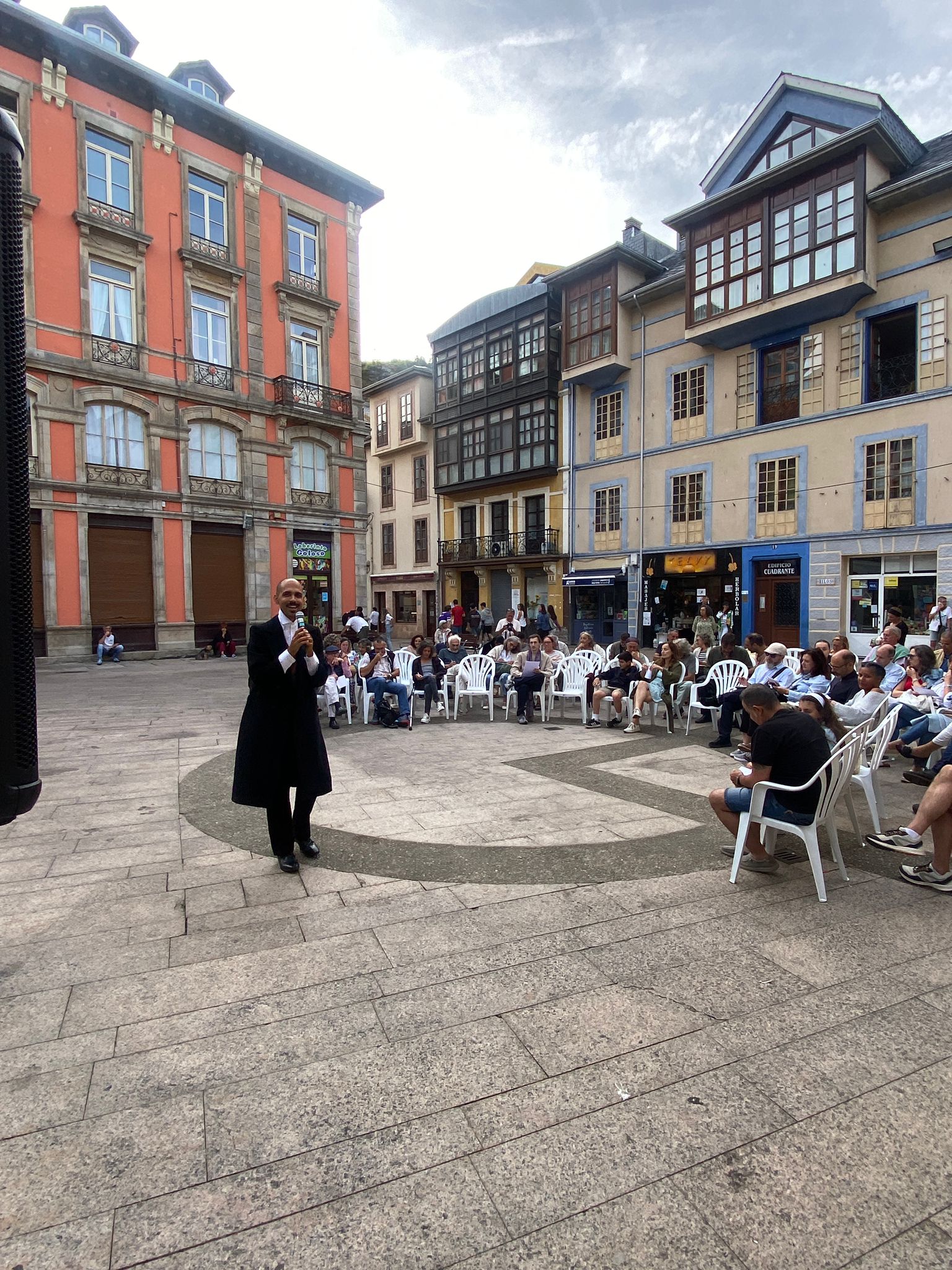
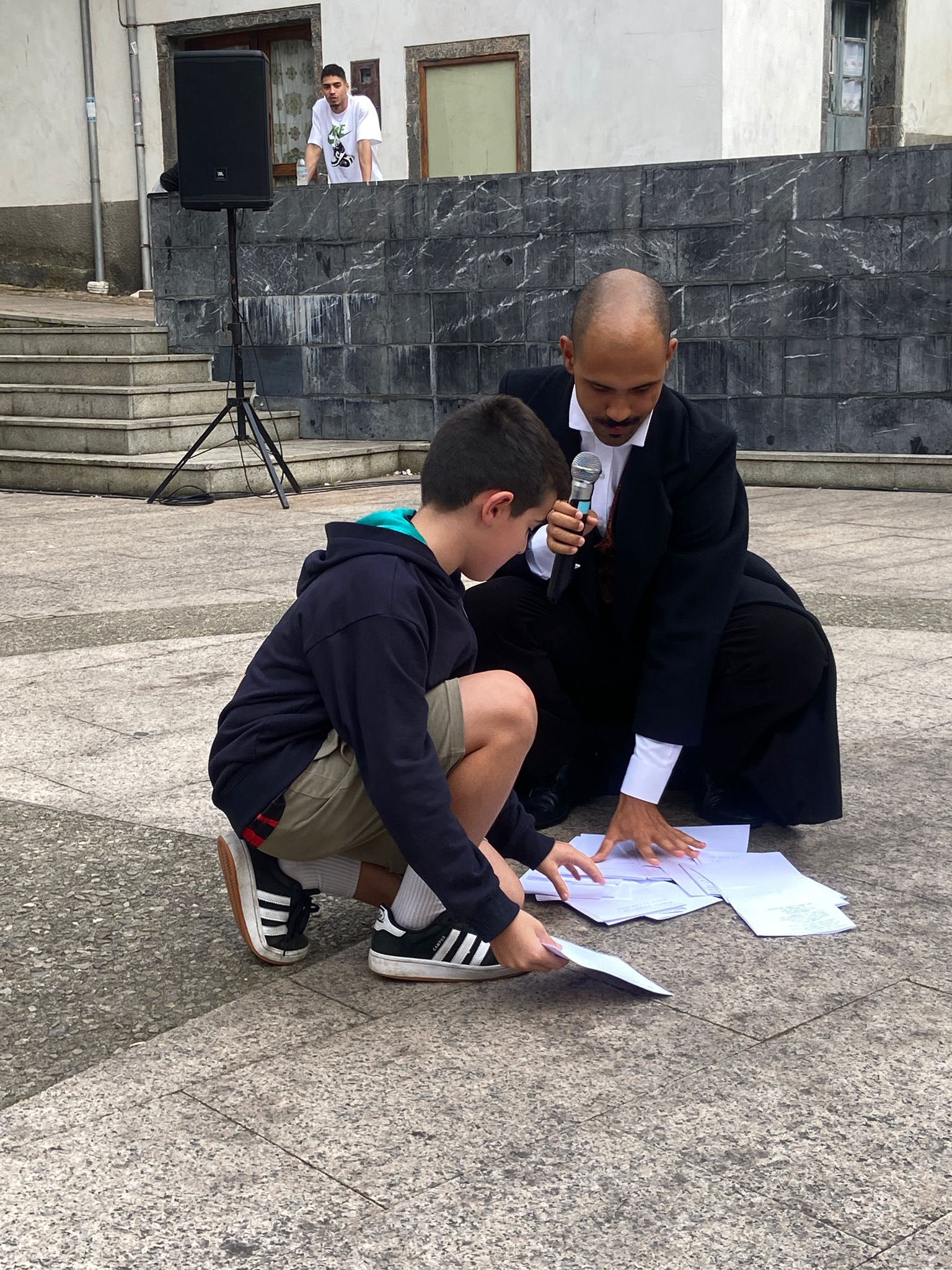
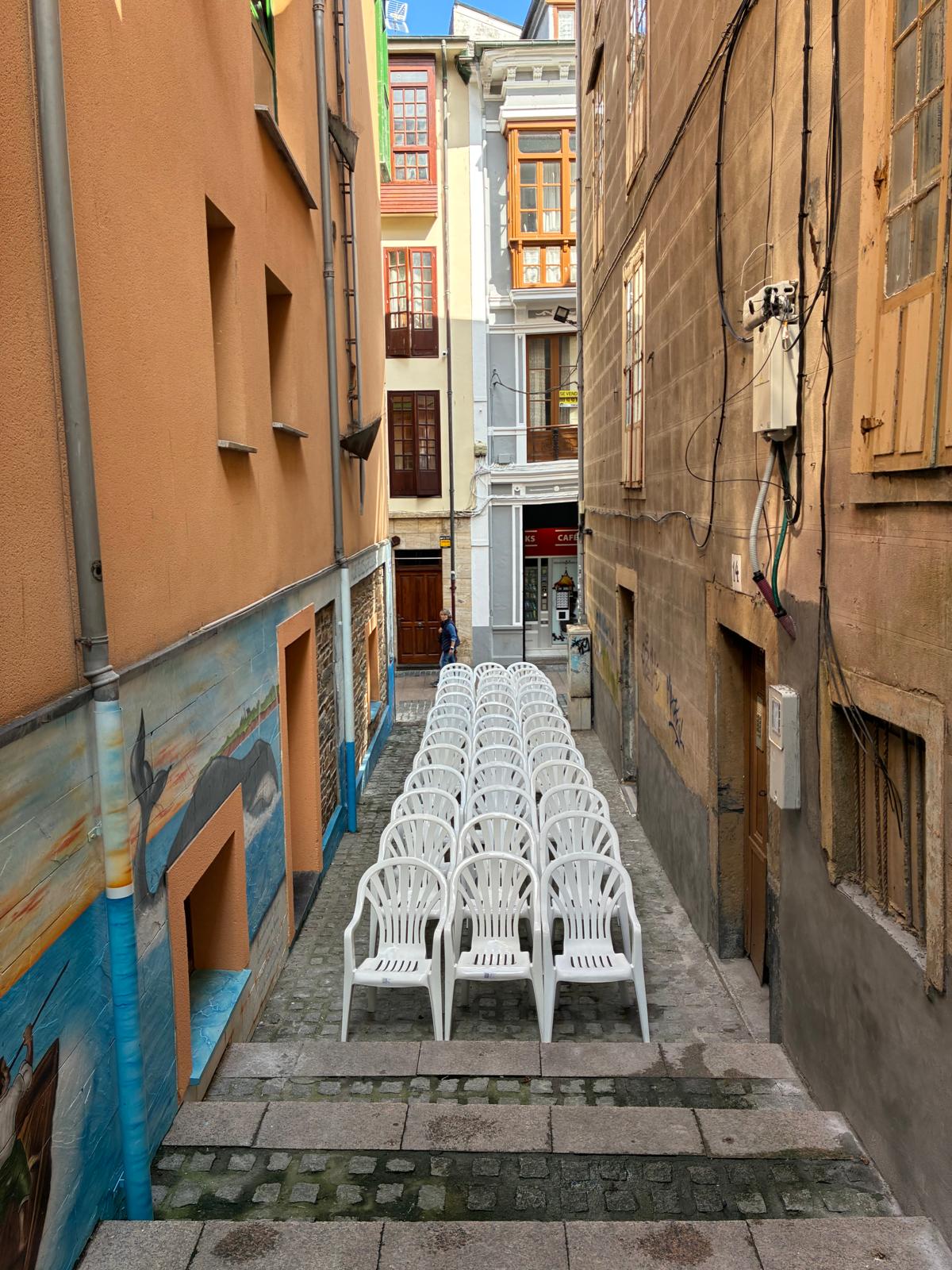
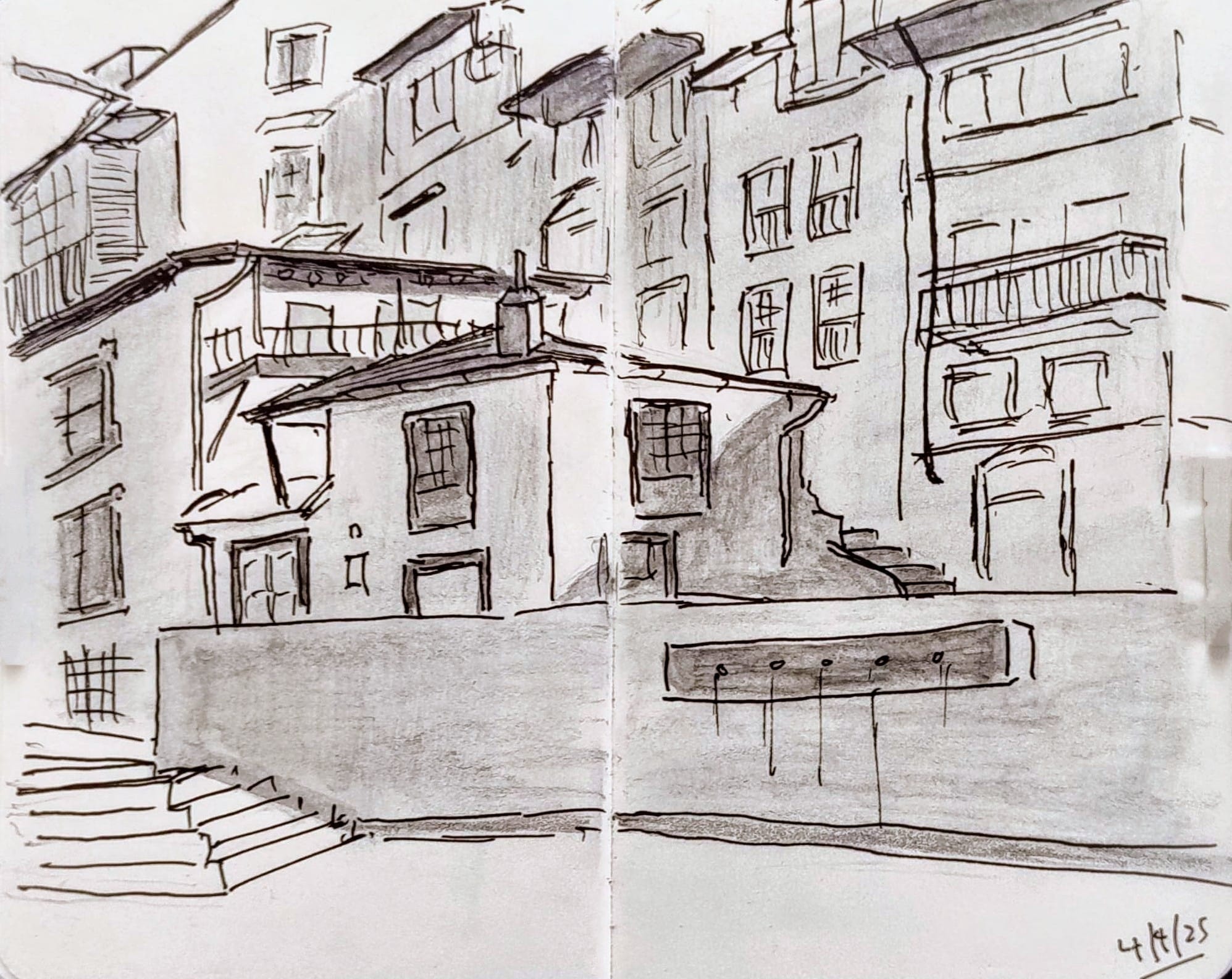
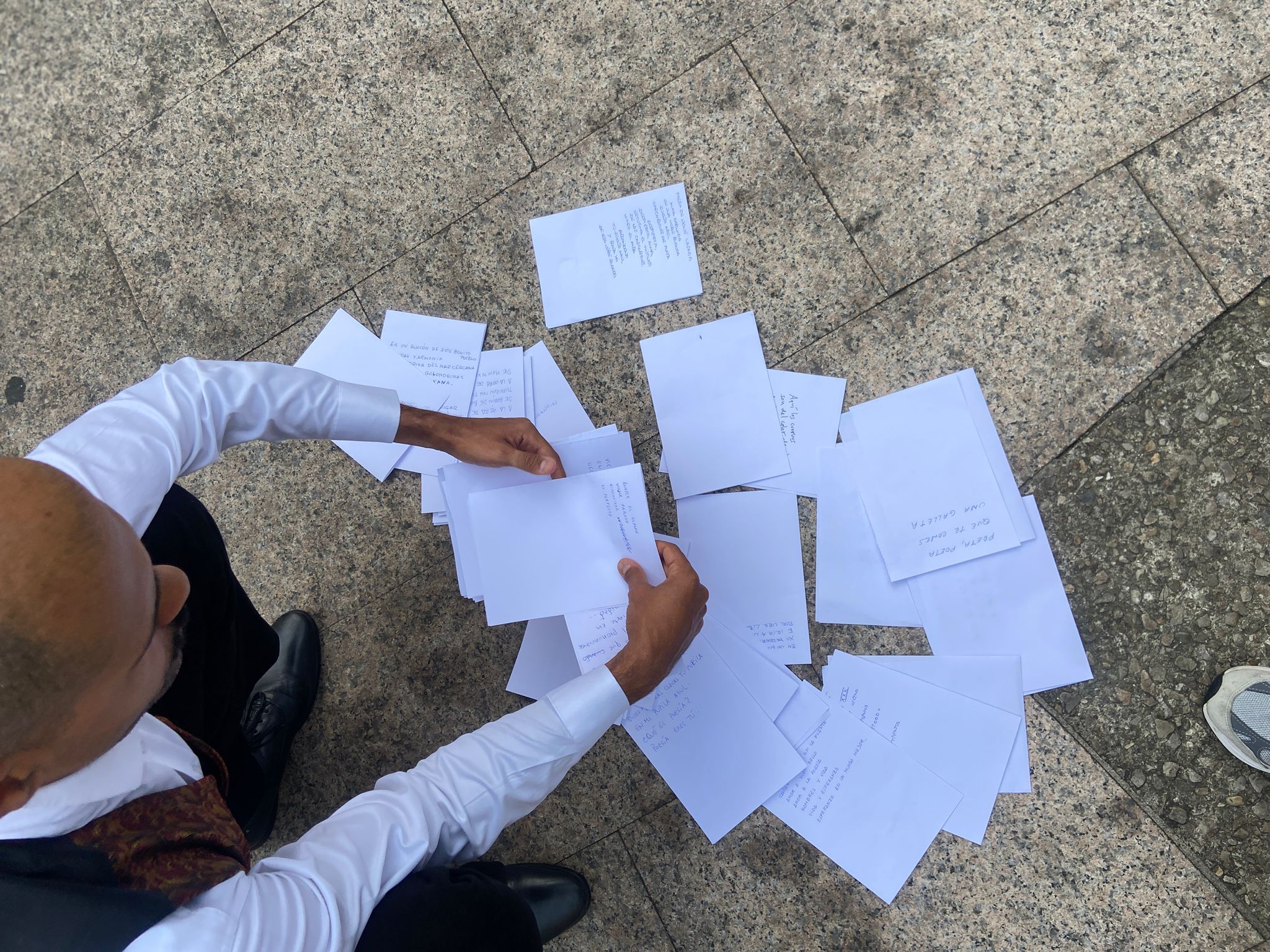
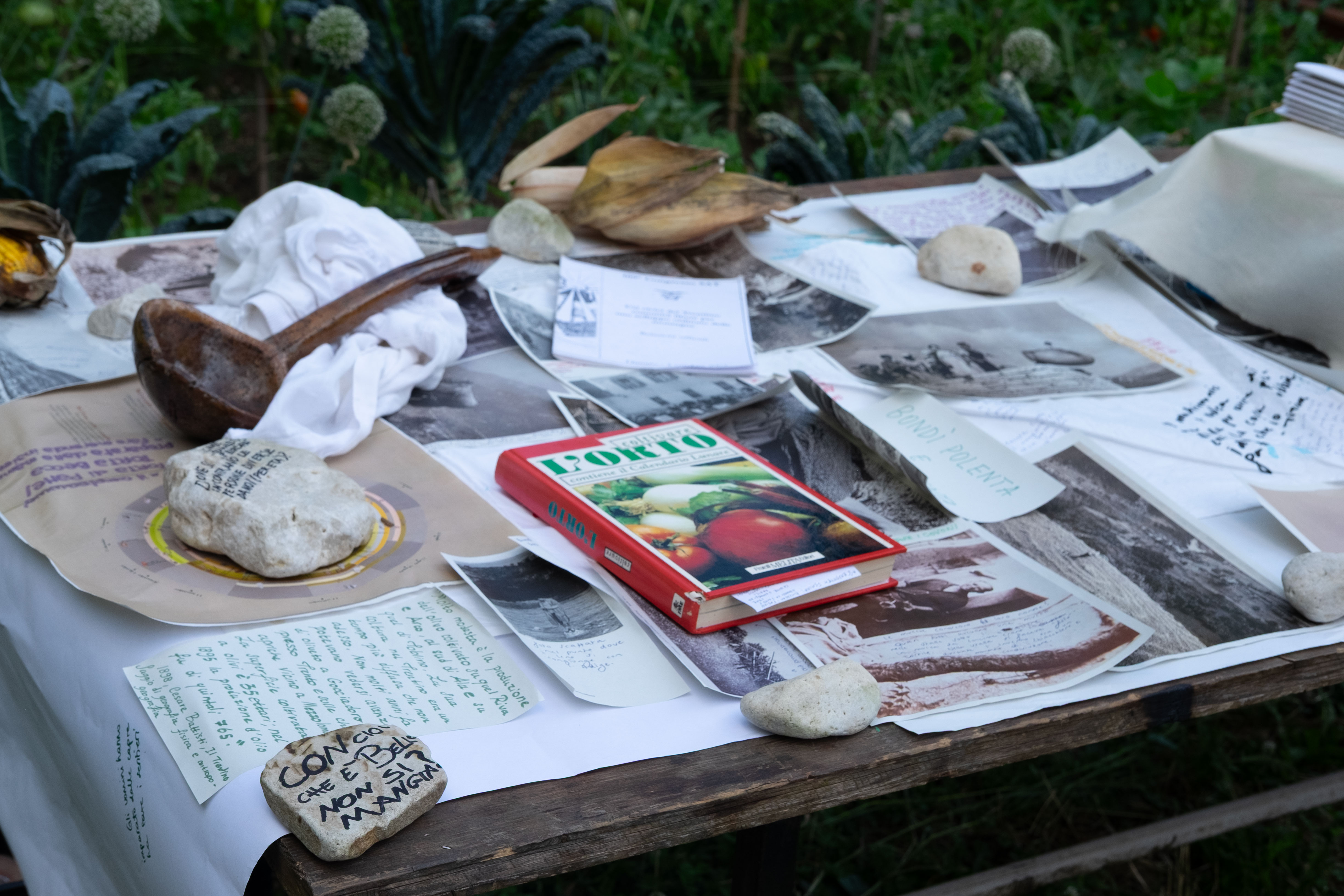
Guardare indietro al futuro
Looking back to the future
Creative ethnography laboratory
Keywords: transgenerational, agroecological knowledge, reminescence theatre, ethnography, collaborative zine-making
Concept - Shiftslow Collective
Emma Marzi, Carlo Sella, Catarina Simão, Vlio Velema
Hosted by - La Foresta Accademia di Comunità
In the frame of the EU-funded artistic residency project S4T (Station for Transformation)
Link to the zine ︎︎ HERE
Link to the video ︎ ︎︎︎ HERE
Looking back to the future
Creative ethnography laboratory
Keywords: transgenerational, agroecological knowledge, reminescence theatre, ethnography, collaborative zine-making
Concept - Shiftslow Collective
Emma Marzi, Carlo Sella, Catarina Simão, Vlio Velema
Hosted by - La Foresta Accademia di Comunità
In the frame of the EU-funded artistic residency project S4T (Station for Transformation)
Link to the zine ︎︎ HERE
Link to the video ︎ ︎︎︎ HERE
Looking back to the future is an transdisciplinary, intergenerational art project carried out during the residency of the ShiftSlow collective at the community hub La Foresta, in Rovereto (Northern Italy). The project brought together ten elders from the Vallagarina Valley, holders of agroecological knowledge and life experience rooted in the local fields and landscapes, and ten young participants interested in reimagining sustainable futures for the area’s rurality. The central question guiding the project was:
How can we rediscover and share the situated knowledge of Vallagarina in order to imagine a fairer agro-food system?
Over the past seventy years, the valley’s political-ecological landscape has undergone deep transformations: intensive monocultures of apples and grapes, the construction of large hydroelectric dams, and an accelerated consumption of land have reshaped the territory, erasing part of its identity. The project explored the dialogue between three temporal dimensions – past, present, and future – by documenting fading ecological knowledge, reframing it in the present, and co-creating future imaginaries rooted in a shared heritage. The activities were designed not to produce definitive answers, but to create the conditions for visions to emerge – connecting stories and desires, biographies and landscapes, material practices and speculative thinking. Informal moments, such as cooking and eating together, exchanging recipes, or sharing spontaneous stories, became equally important spaces for memory activation and community bonding. As a final outcome, we produced a zine publication functioning as a small affective and graphic archive of the process. Rather than a linear document, it offers a mosaic of images, words, and gestures, serving both as a record and as inspiration for similar initiatives elsewhere.
How can we rediscover and share the situated knowledge of Vallagarina in order to imagine a fairer agro-food system?
Over the past seventy years, the valley’s political-ecological landscape has undergone deep transformations: intensive monocultures of apples and grapes, the construction of large hydroelectric dams, and an accelerated consumption of land have reshaped the territory, erasing part of its identity. The project explored the dialogue between three temporal dimensions – past, present, and future – by documenting fading ecological knowledge, reframing it in the present, and co-creating future imaginaries rooted in a shared heritage. The activities were designed not to produce definitive answers, but to create the conditions for visions to emerge – connecting stories and desires, biographies and landscapes, material practices and speculative thinking. Informal moments, such as cooking and eating together, exchanging recipes, or sharing spontaneous stories, became equally important spaces for memory activation and community bonding. As a final outcome, we produced a zine publication functioning as a small affective and graphic archive of the process. Rather than a linear document, it offers a mosaic of images, words, and gestures, serving both as a record and as inspiration for similar initiatives elsewhere.
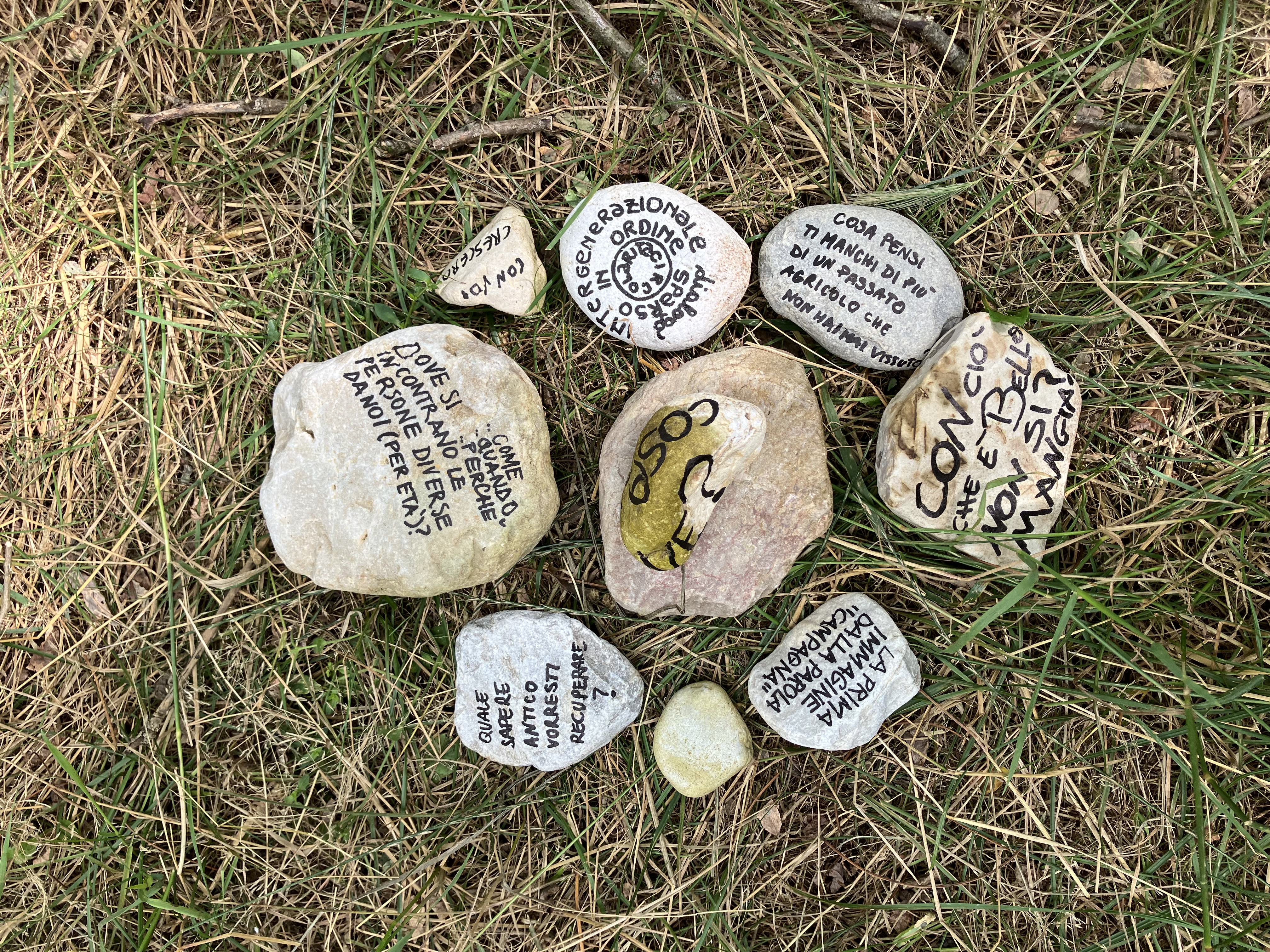
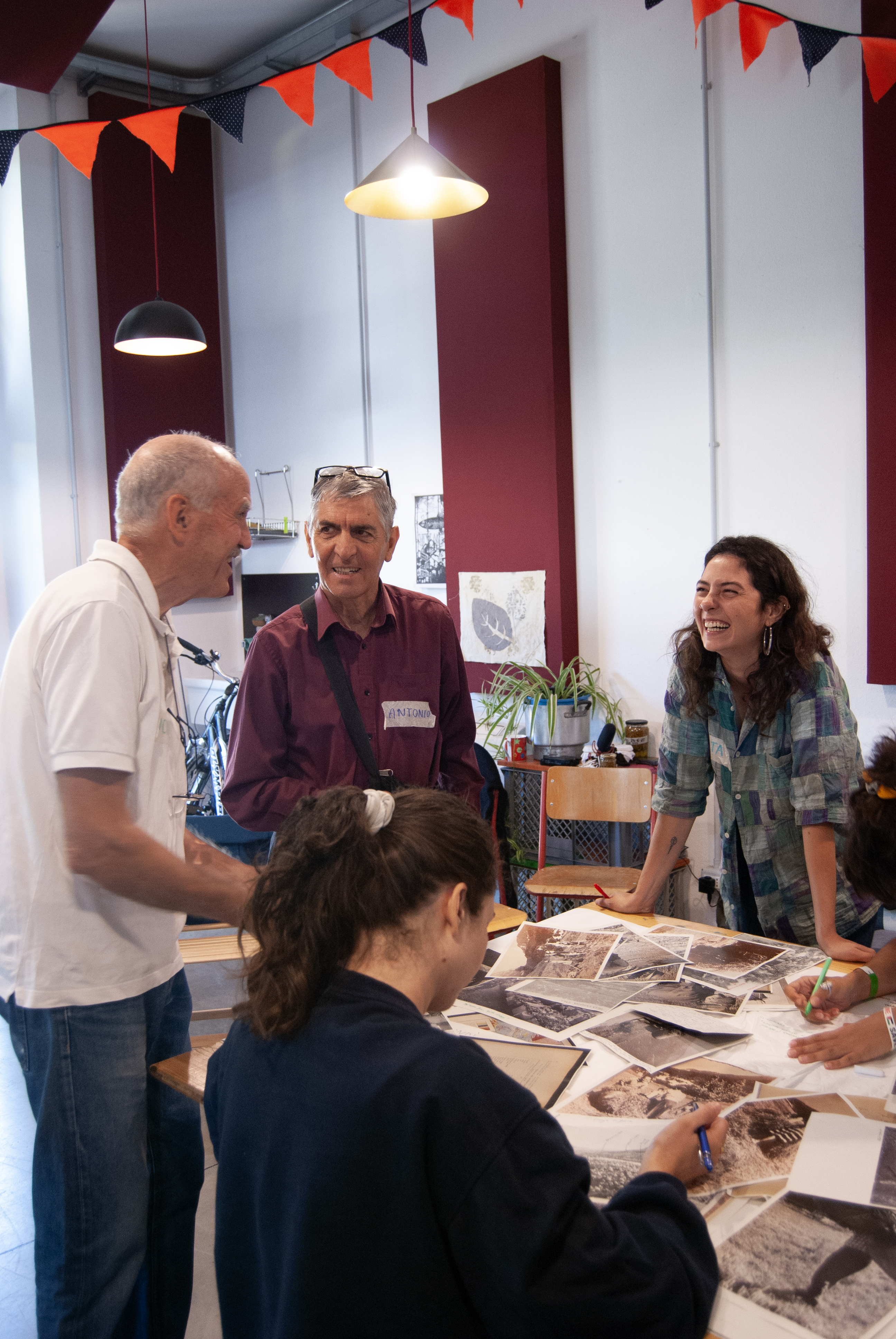

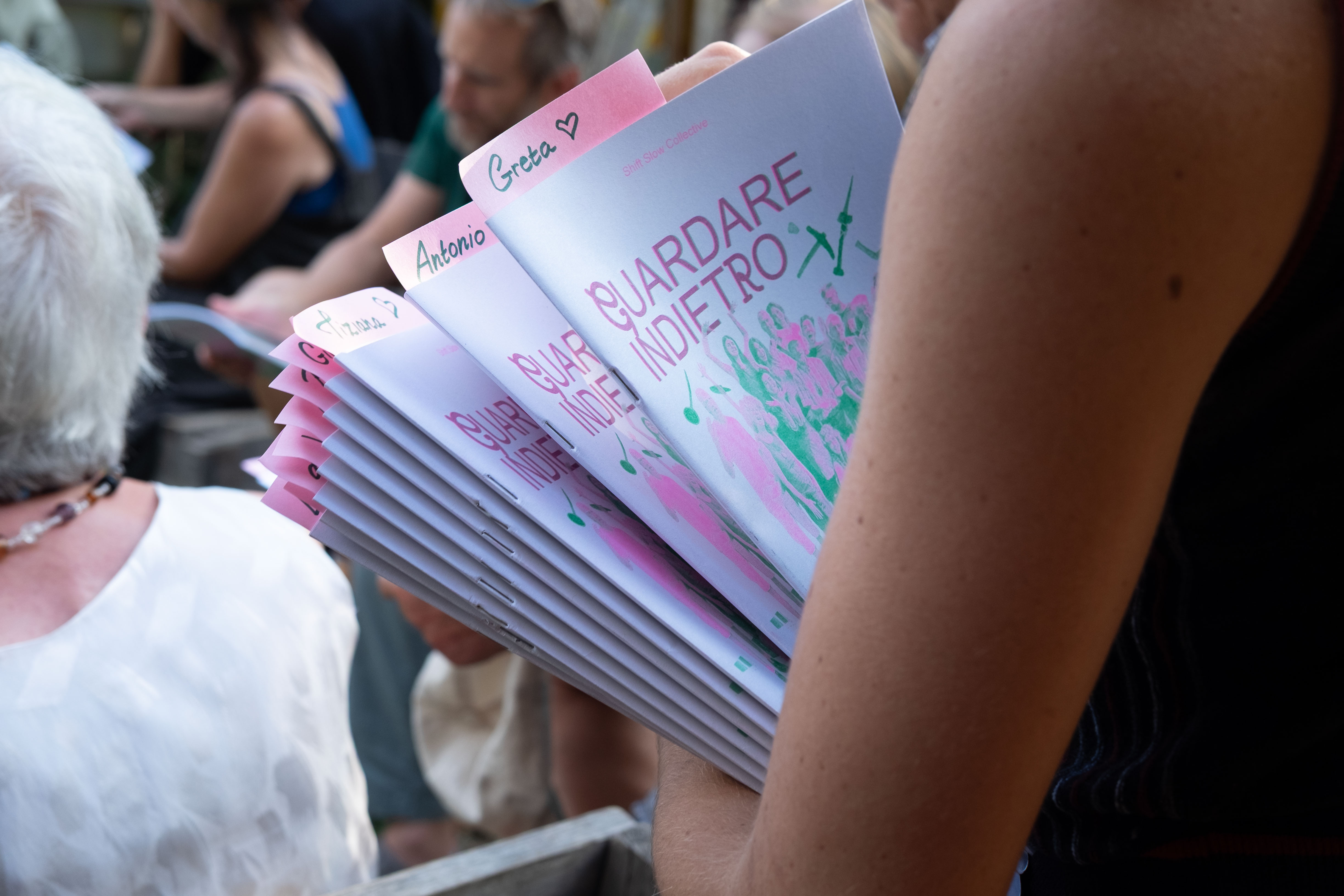
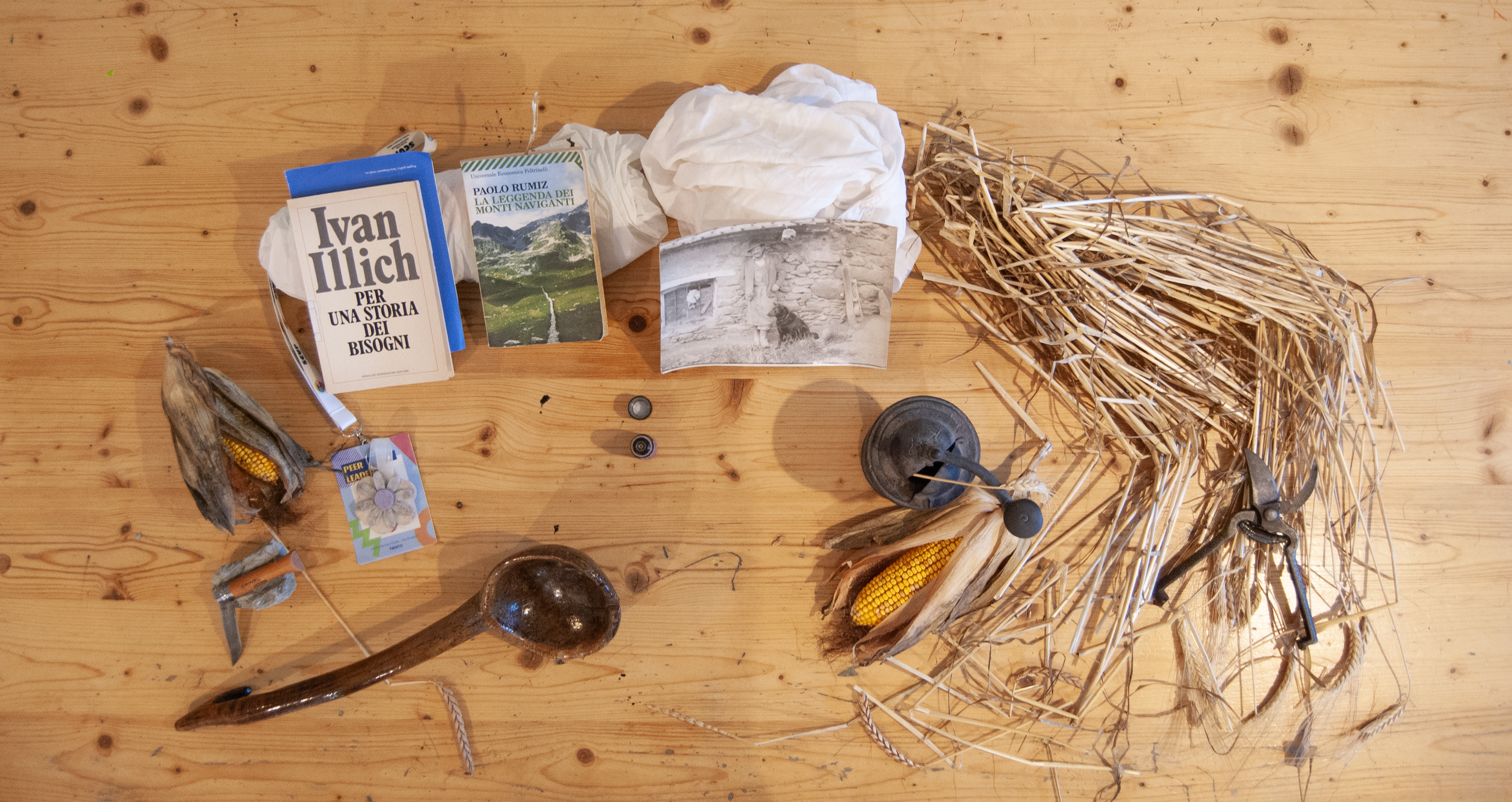
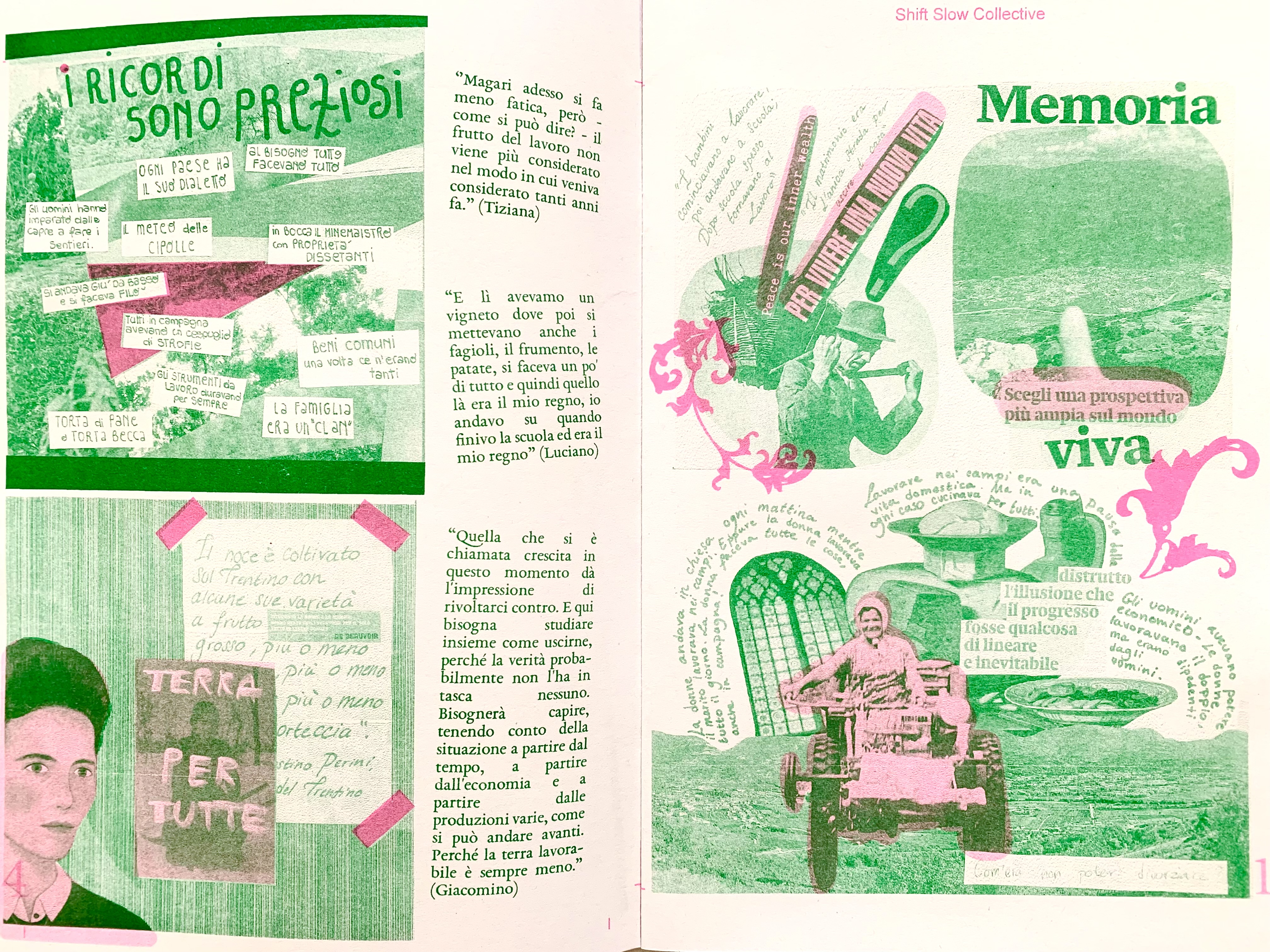
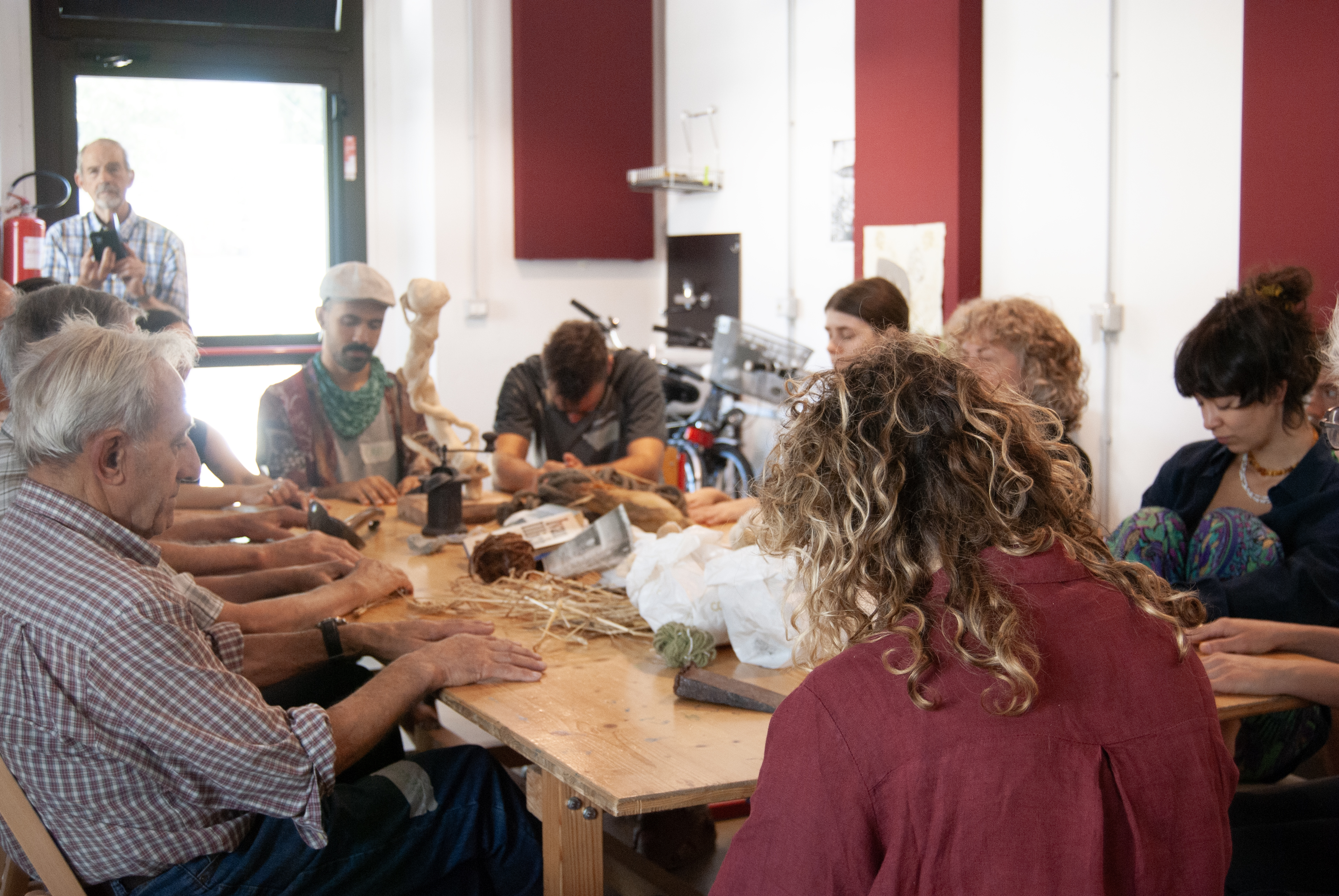
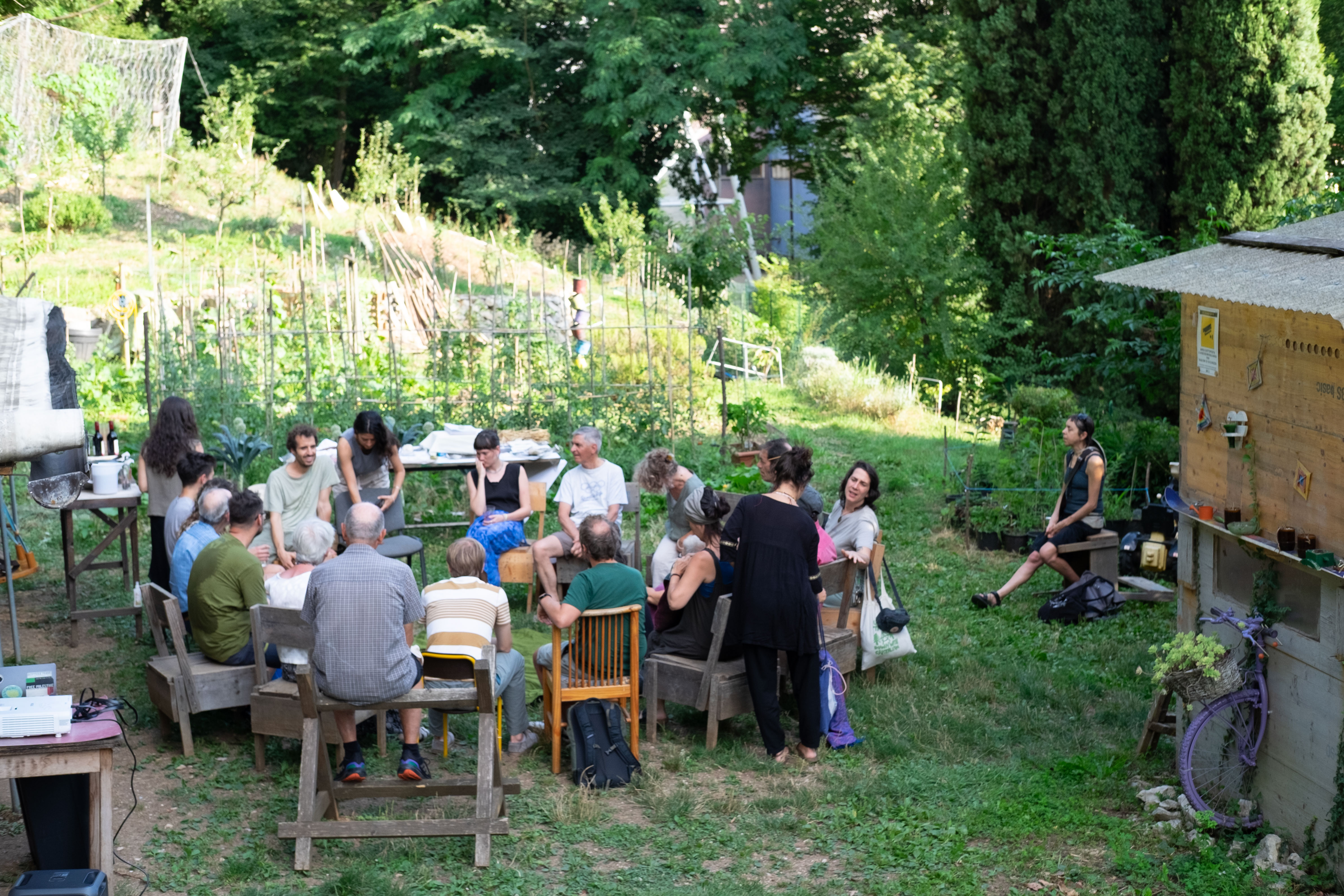
La sombra que deja el hilo
The shadow left by the thread
Ethnographic performative project
Keywords: transgenerational, elders women, memory, ethnographic theatre, dystopian future, collective care, performative archiving
Ideation and project diretion - Carlo Sella
Dramaturgy - Carlo Galiero
Archive project - Catarina de Simão
Production - Mari Edgar
Production assistance - Amaia Rodriguez Parrado, Ines David Cieutat
Pictures and videos - Francesco Bignardi, Francesco Flora
Costumes - Valentina Perini
Ethnographic supervision - Nuria Timmermann
Graphic supervision - Vlio Velema
An Arraiga, lab of rooted imagination project
Hosted by - Sala Polivalente de Montbau, Espai Jove Palau Alòs
With the support of - Culture Moves Europe 2024
The shadow left by the thread
Ethnographic performative project
Keywords: transgenerational, elders women, memory, ethnographic theatre, dystopian future, collective care, performative archiving
Ideation and project diretion - Carlo Sella
Dramaturgy - Carlo Galiero
Archive project - Catarina de Simão
Production - Mari Edgar
Production assistance - Amaia Rodriguez Parrado, Ines David Cieutat
Pictures and videos - Francesco Bignardi, Francesco Flora
Costumes - Valentina Perini
Ethnographic supervision - Nuria Timmermann
Graphic supervision - Vlio Velema
An Arraiga, lab of rooted imagination project
Hosted by - Sala Polivalente de Montbau, Espai Jove Palau Alòs
With the support of - Culture Moves Europe 2024
La sombra que deja el hilo (the shadow left by the thread) is a participatory theatre project created after a long-term, patchwork ethnographic process with elder women (most of them working-class immigrants) living in the Montbau neighborhood of Barcelona. This collaboration became the foundation for a site-specific performance format that is reactivated in each new location through a three-day memory and theatre lab with local elder women. Their voices, reflections, and lived knowledge are the dramaturgical engine of the piece. The dramaturgical framework weaves together lived memories with speculative fiction. The material shared in the workshops is transported into a dystopian future where older women are persecuted unless they are considered “useful.” This imagined scenario exposes the underlying logic of turbocapitalism, a system that denies care, punishes fragility, and erases those who cannot be measured by productivity. At its core, the project is an act of collective re-inscription. It creates a space for elder women to revisit their personal histories, confront cultural silence, and occupy public space through performance. The resulting piece functions as both a political fable and a counter-archive, insisting on the enduring presence and knowledge of those who have often been rendered invisible. Watch the trailer here.
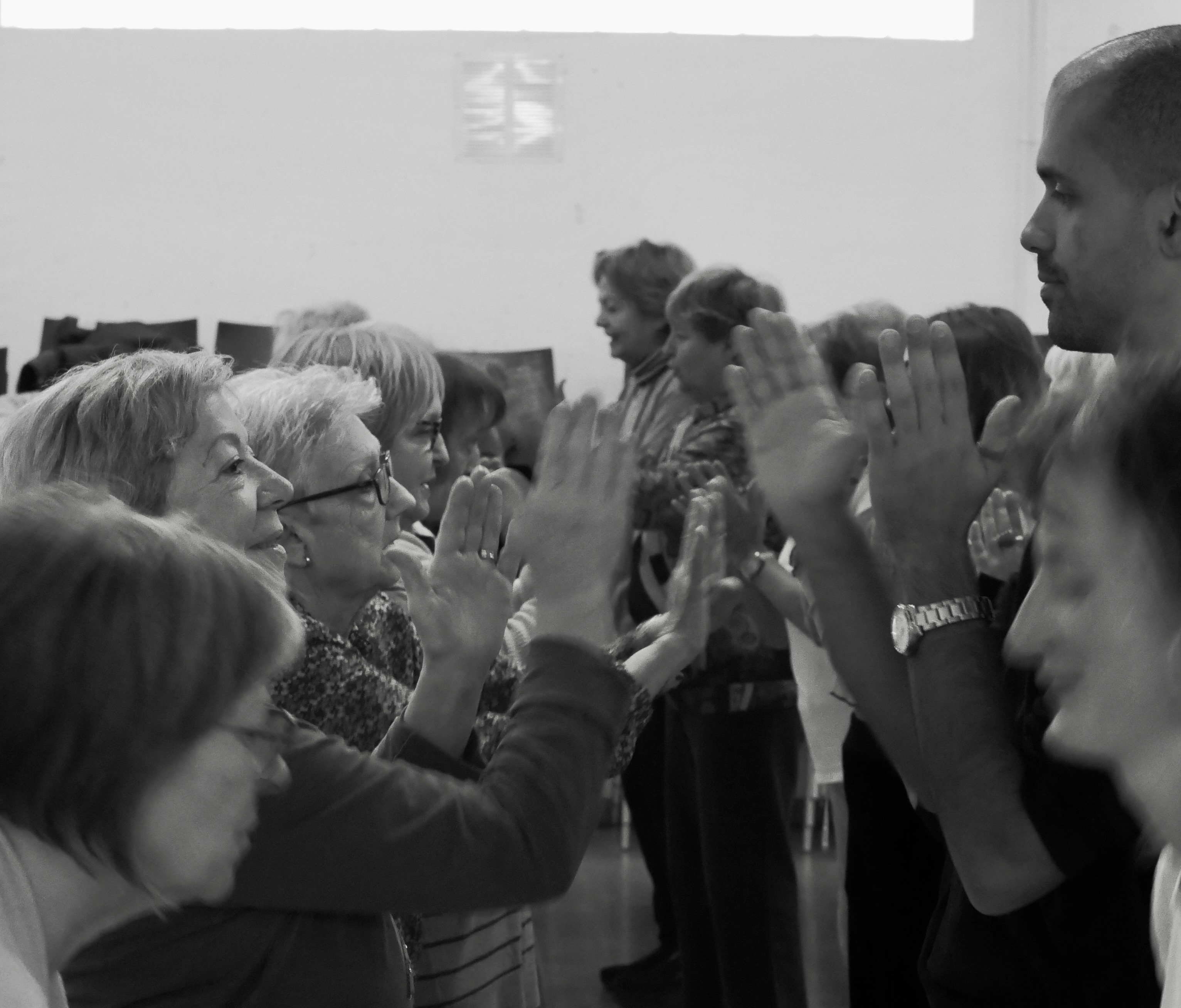
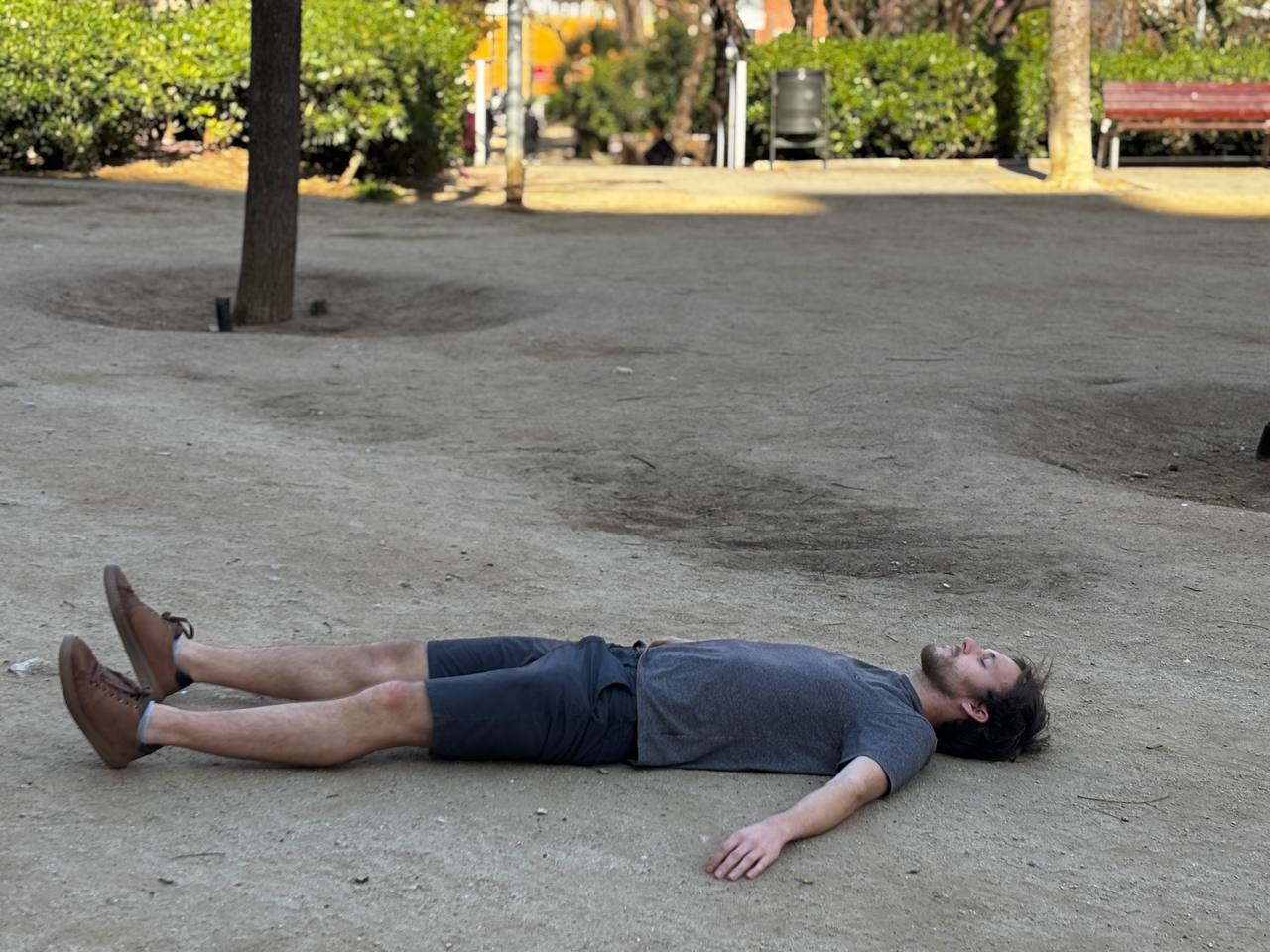
Poly(is)topography
Participatory performance in public space
Keywords: script-based, collective biography, public space, throwntogetherness, collaborative poetry
Ideation and project diretion - Carlo Sella
Supervised by - Danae Theodoridou
Performed at -
Scuola di Politica di Torino, Oltre la crescita
UAB Masters in Political Ecology
Alt-Shift, a Degrowth festival
Participatory performance in public space
Keywords: script-based, collective biography, public space, throwntogetherness, collaborative poetry
Ideation and project diretion - Carlo Sella
Supervised by - Danae Theodoridou
Performed at -
Scuola di Politica di Torino, Oltre la crescita
UAB Masters in Political Ecology
Alt-Shift, a Degrowth festival
Poly(is)topography - writing collective biographies through reading the urban public space is a participatory performance and research project that explores the intersections between personal and collective biography, and the material and symbolic dimensions of public space. Through embodied exercises, guided storytelling, and poetic writing, participants trace the ways in which their lives have been shaped by, and inscribed into, shared environments. The process unfolds through a series of performative prompts in urban or rural spaces. Participants are invited to select elements from the space that resonate with their memory or lived experience. These elements become entry points into a process of recollection, reflection, and re-inscription, building toward a poetic composition that reflects the collective biography of the group.
The work asks: how does space store and shape memory? What happens when personal narratives meet in public space? How do we carry place inside us, and how do we leave traces behind? Each performance culminates in the co-writing of a poetic text, shaped by the memories, affects, and spatial dialogues that emerge. Poly(is)topography is both a method of research and a gesture of negotiation to place, to others, and to the fragmented landscapes of the self. The project has been developed with diverse communities, including elder women in Montbau (Barcelona), international students at the Autonomous University of Barcelona, degrowth activists from the School of Politics in Turin and the Alt-Shift Festival (Germany). An online artistic research article about the project is available here.
The work asks: how does space store and shape memory? What happens when personal narratives meet in public space? How do we carry place inside us, and how do we leave traces behind? Each performance culminates in the co-writing of a poetic text, shaped by the memories, affects, and spatial dialogues that emerge. Poly(is)topography is both a method of research and a gesture of negotiation to place, to others, and to the fragmented landscapes of the self. The project has been developed with diverse communities, including elder women in Montbau (Barcelona), international students at the Autonomous University of Barcelona, degrowth activists from the School of Politics in Turin and the Alt-Shift Festival (Germany). An online artistic research article about the project is available here.
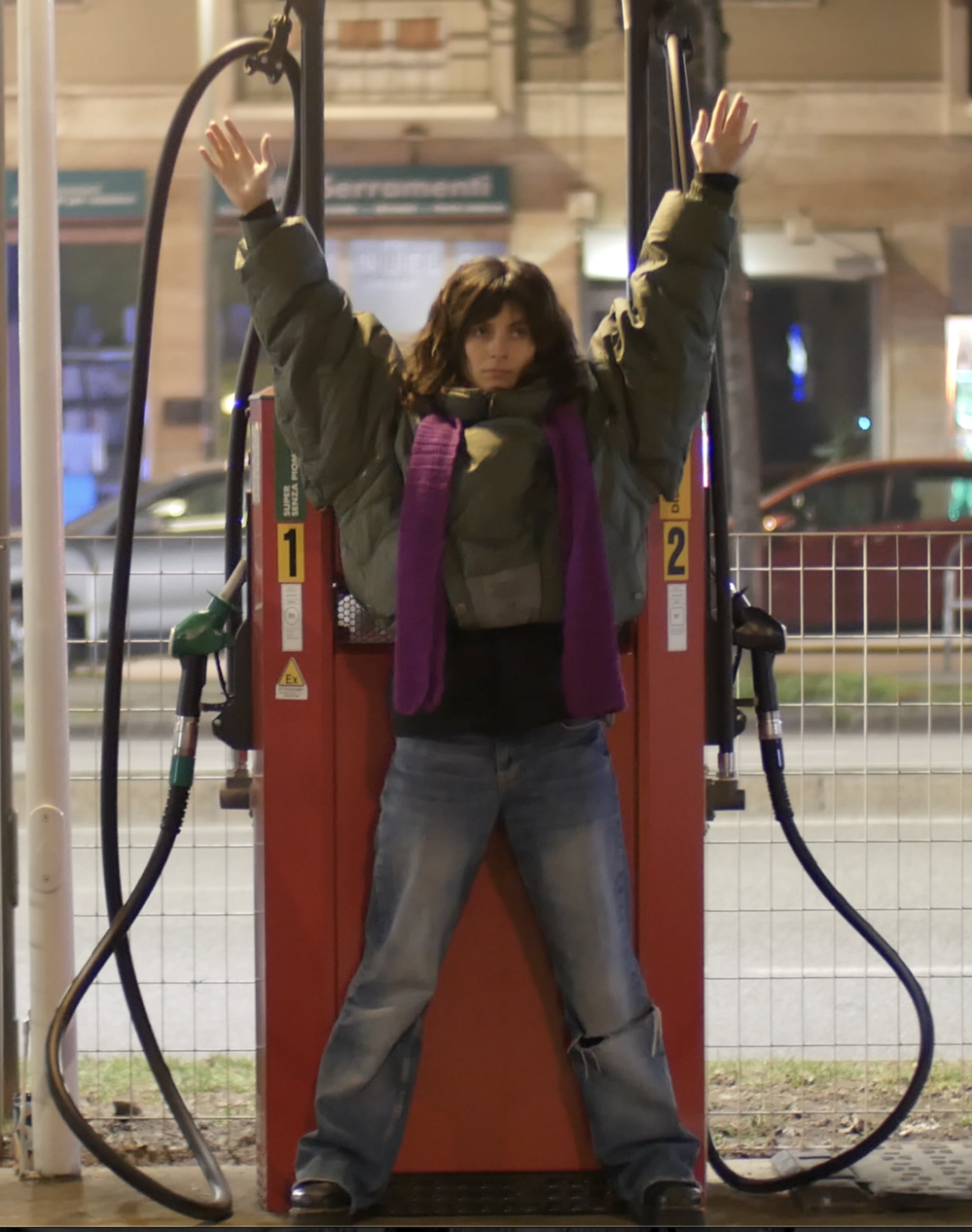
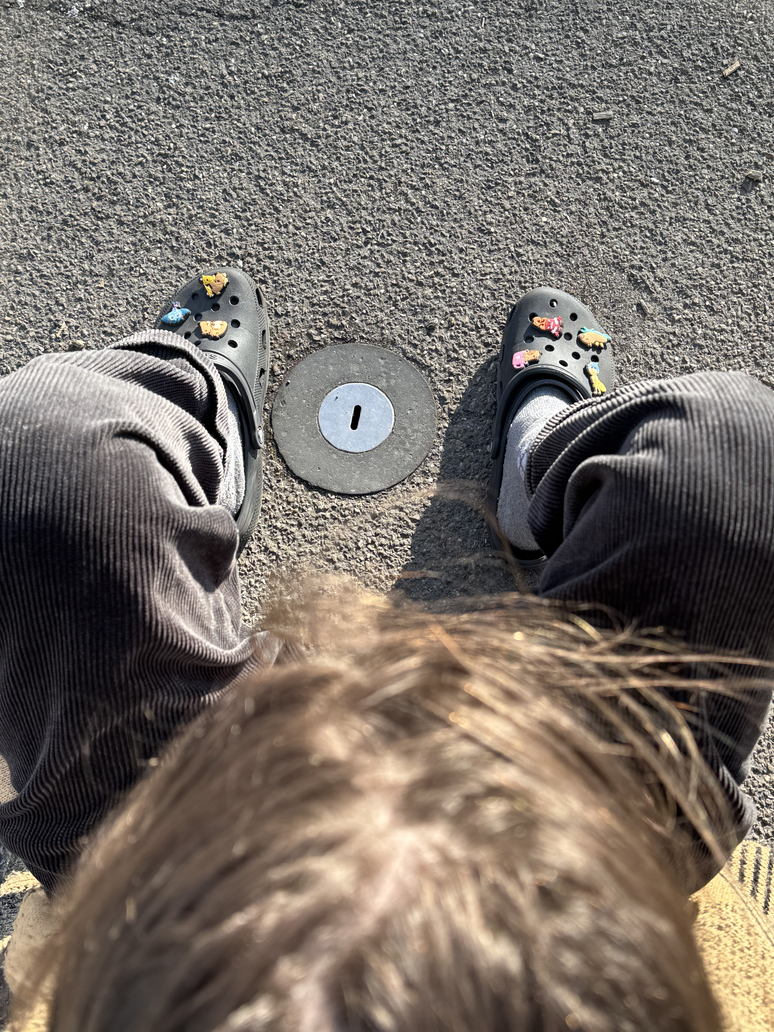
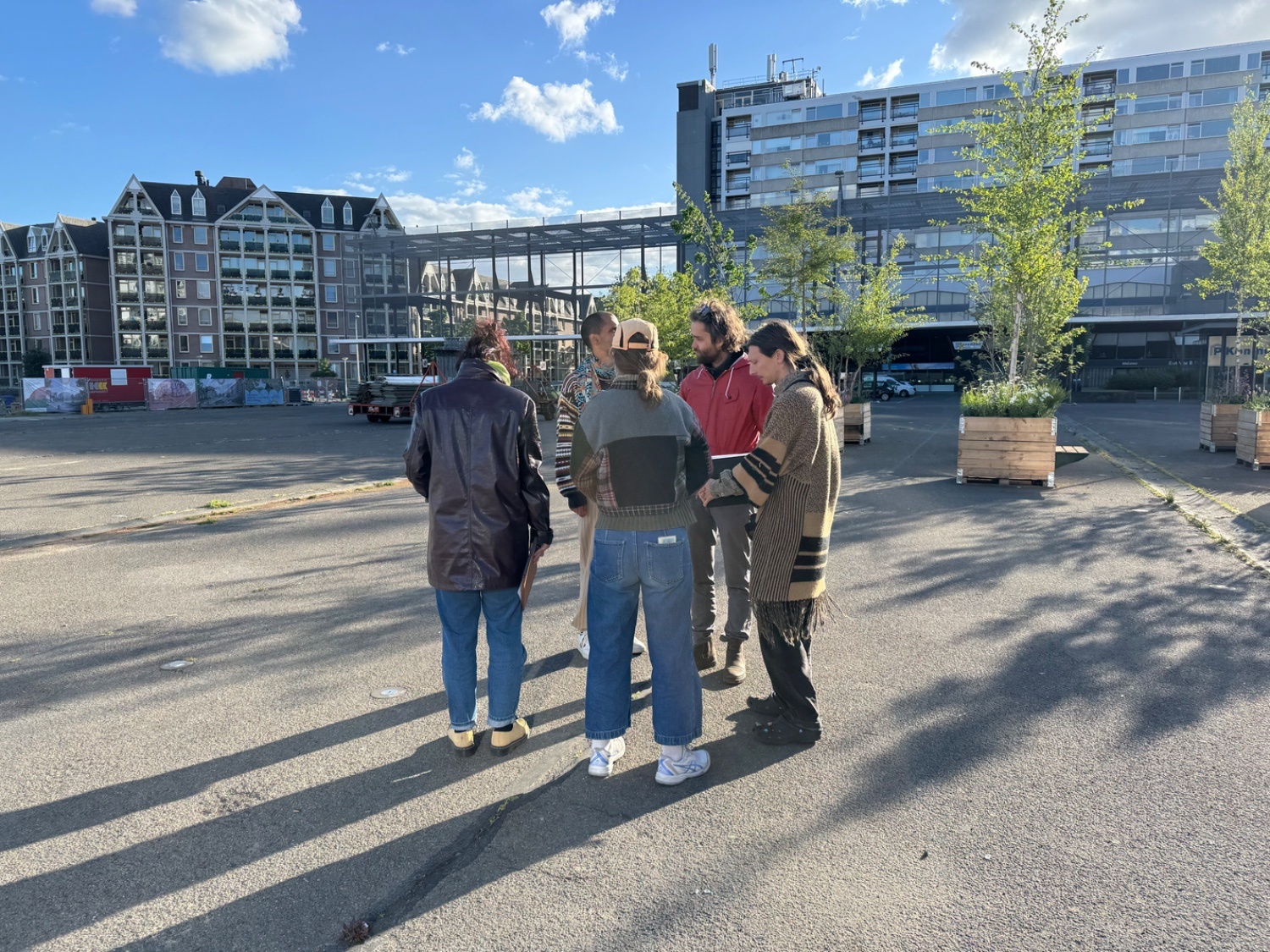
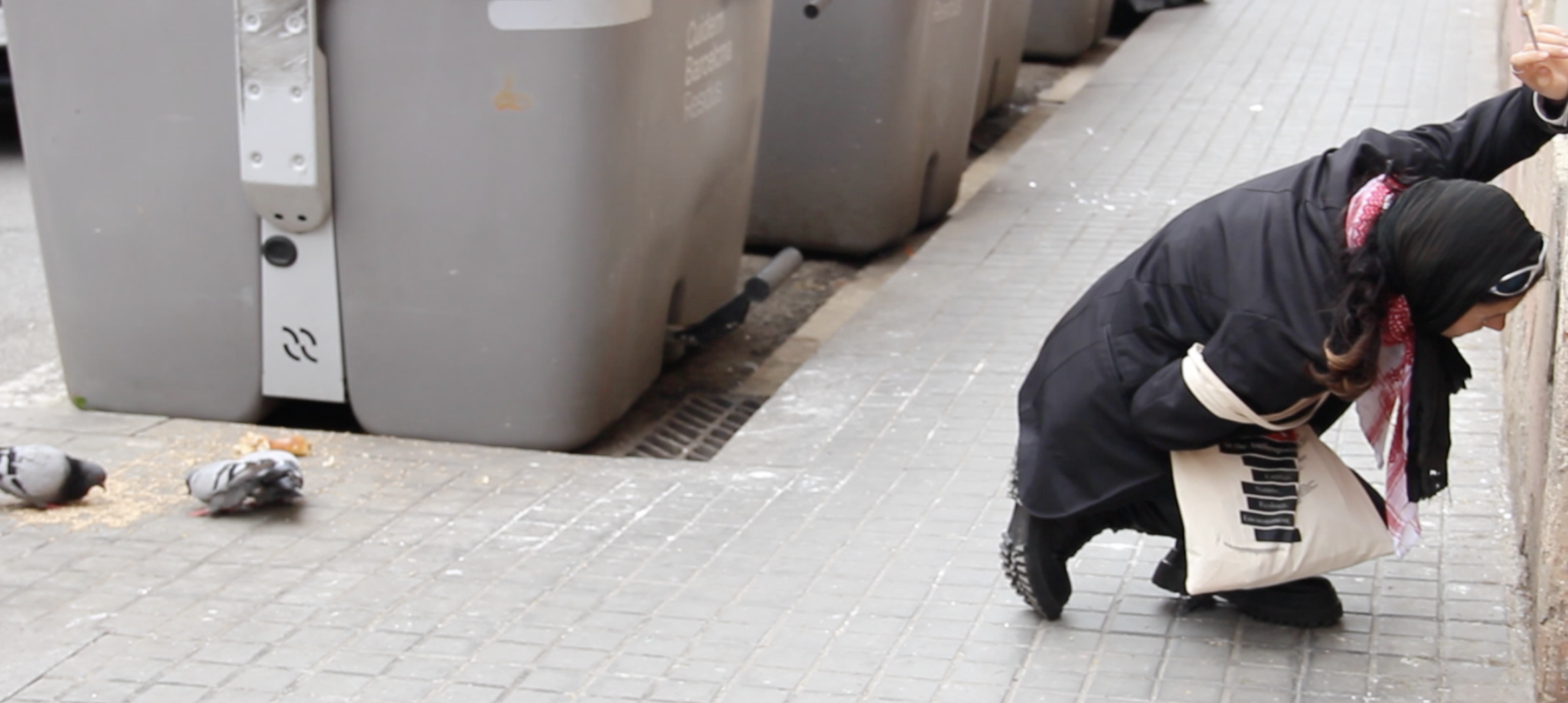
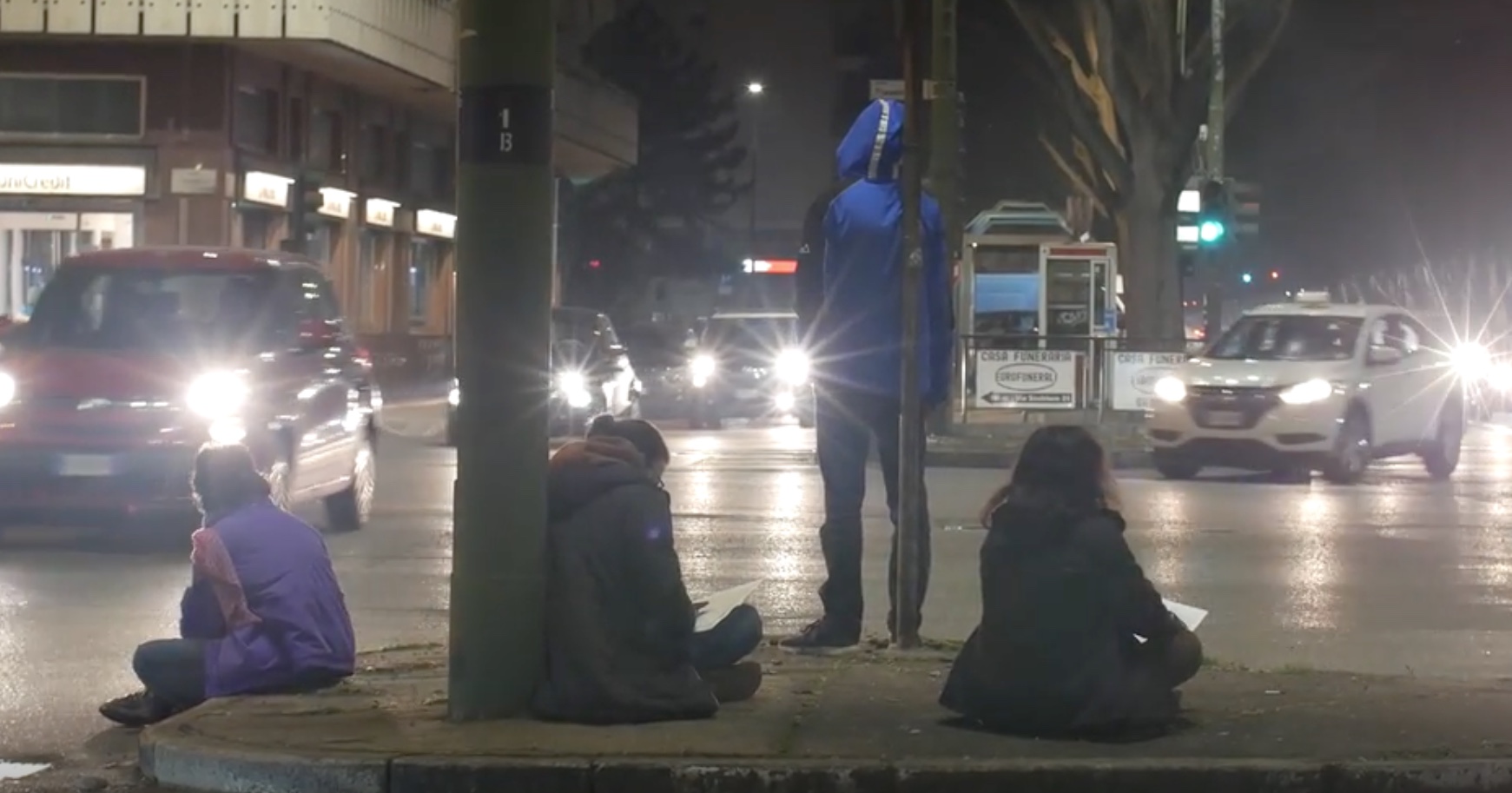
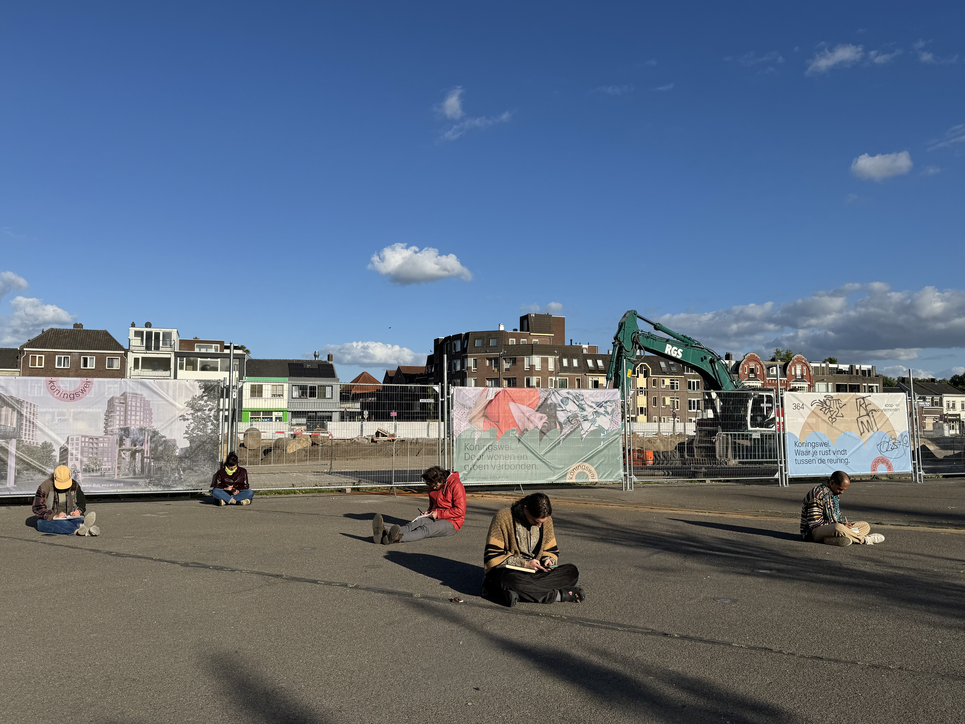
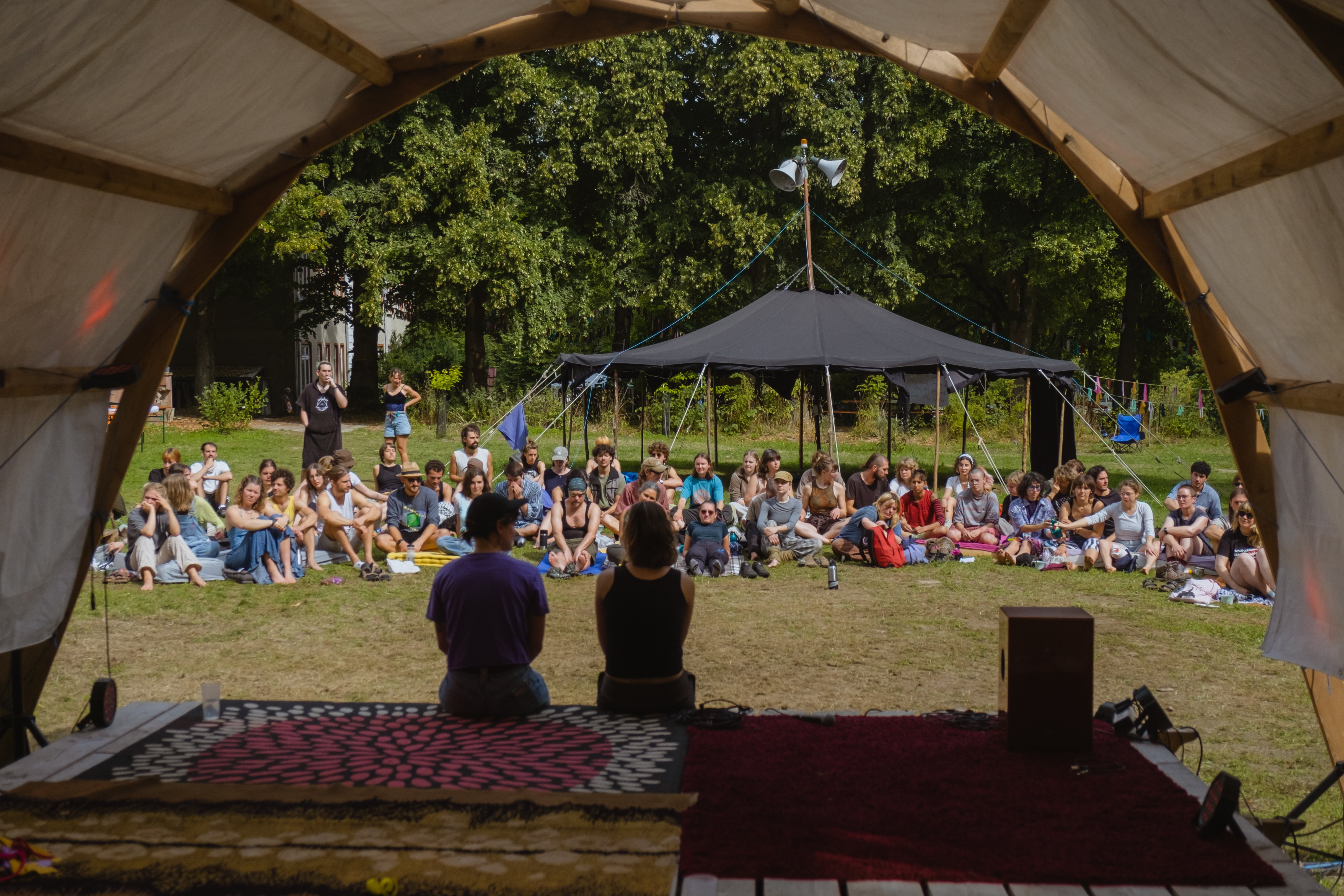
Alt-Shift, a Degrowth festival
Radical pedagogy art festival
Keywords: celebratory, radical pedagogy, activism, building alliances, transfeminism, anti-racism, decolonial, holistic
A project from ShiftSlow Collective
2022, 2023, 2024 editions hosted by
Kunst in der Natur, Gars am Kamp (AU)
2025 edition hosted by
Freie Feldlage (DE)
With the support of
Funding Fairer Futures
Generation Climate Europe
Südwind
Website: https://www.altshiftfestival.org/
Video of 2024 edition here:
https://www.youtube.com/watch?v=0JaQh1CEWCE&t=15s
Radical pedagogy art festival
Keywords: celebratory, radical pedagogy, activism, building alliances, transfeminism, anti-racism, decolonial, holistic
A project from ShiftSlow Collective
2022, 2023, 2024 editions hosted by
Kunst in der Natur, Gars am Kamp (AU)
2025 edition hosted by
Freie Feldlage (DE)
With the support of
Funding Fairer Futures
Generation Climate Europe
Südwind
Website: https://www.altshiftfestival.org/
Video of 2024 edition here:
https://www.youtube.com/watch?v=0JaQh1CEWCE&t=15s
I am co-founder and co-designer of Alt-Shift, a degrowth festival, now arrived at its fourth edition. The AltShift Festivals an annual degrowth festival taking place in rural Austria since 2021 and now for the first time in rural Eastern Germany, bringing together 150 people deeply committed to degrowth, ecological and social justice. It offers critical and creative educational experiences focused on climate change, post-growth economies and cultures, global social justice, and activism. It is a space for artistic, playful, and emotional knowledge creation. The festival generates a community of care and solidarity, creating alliances between movements committed to fighting against ecological breakdown, extractivism, the class divide and for liberation struggles around the world. We are hosting the fourth edition of Alt Shift in August 2026. AltShift is a collaborative space where participants experiment with self-organization and strategize new ways for non-state actors to reclaim their voice and articulate new visions. The festival hosts roundtables with movement leaders, where creative workshops merge with artistic practice—painting, theatre, music, and meditation—and political reflection, alongside a rich artistic program with concerts, performances, and interactive exhibitions.
A key aspect is our participatory approach, encouraging participants to lead their own workshops, with mentoring support from the festival team. This model equips them with diverse skills, knowledge, and practices to engage deeply with degrowth and horizontal organizing. AltShift’s methodologies are grounded in collaborative and community-nurturing principles, with care and commoning practices at the centre. Through co-creation and experimental learning, AltShift helps participants move from feelings of disempowerment and paralysis to a sense of purpose and agency. Meaning-making through arts, storytelling and emotional expression nurtures hopeful narratives, inspiring participants to act toward change.
A key aspect is our participatory approach, encouraging participants to lead their own workshops, with mentoring support from the festival team. This model equips them with diverse skills, knowledge, and practices to engage deeply with degrowth and horizontal organizing. AltShift’s methodologies are grounded in collaborative and community-nurturing principles, with care and commoning practices at the centre. Through co-creation and experimental learning, AltShift helps participants move from feelings of disempowerment and paralysis to a sense of purpose and agency. Meaning-making through arts, storytelling and emotional expression nurtures hopeful narratives, inspiring participants to act toward change.
